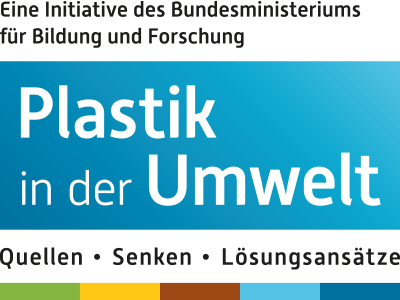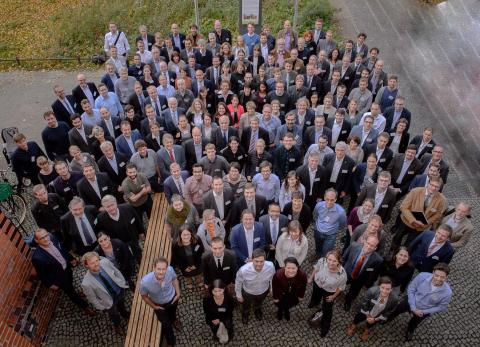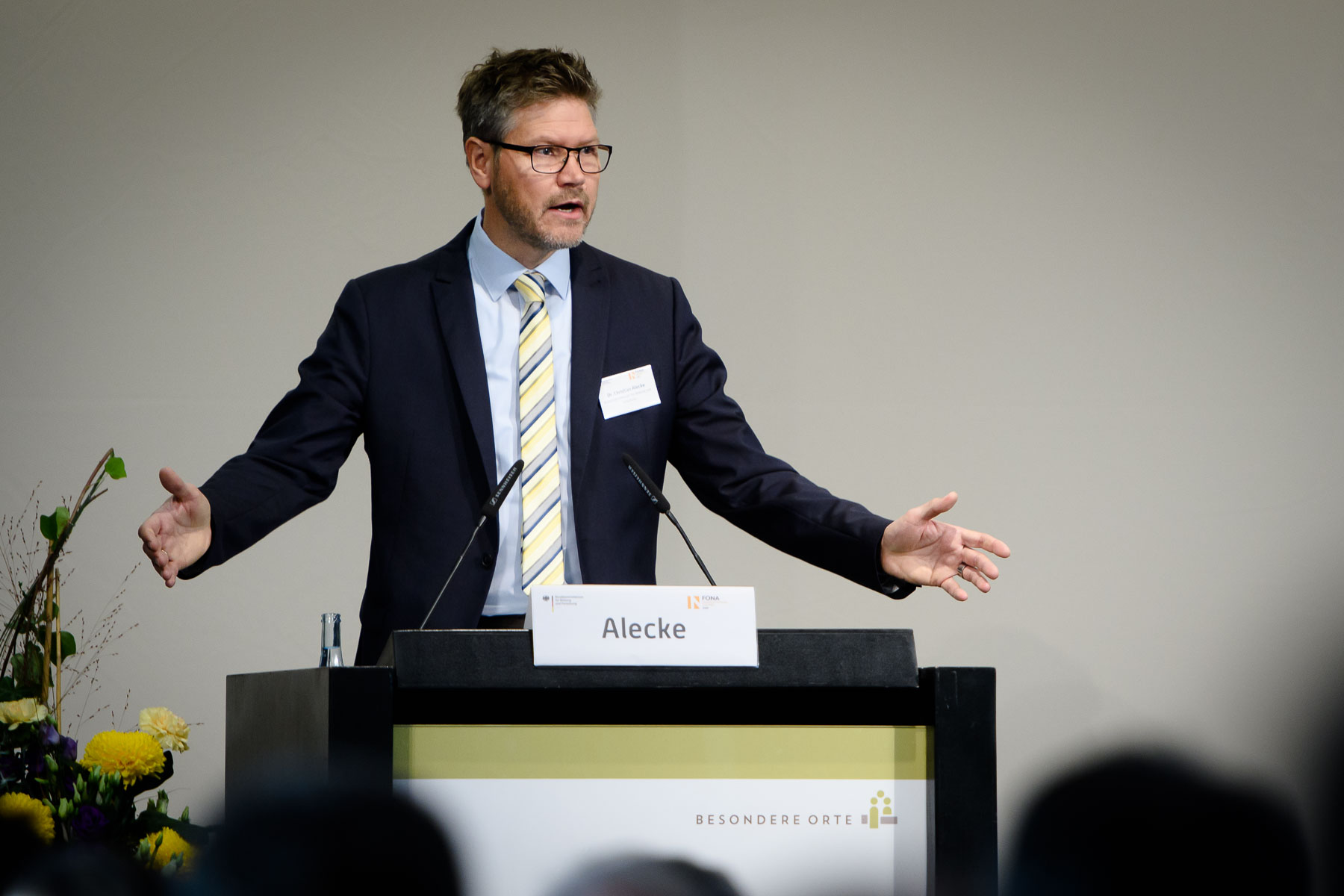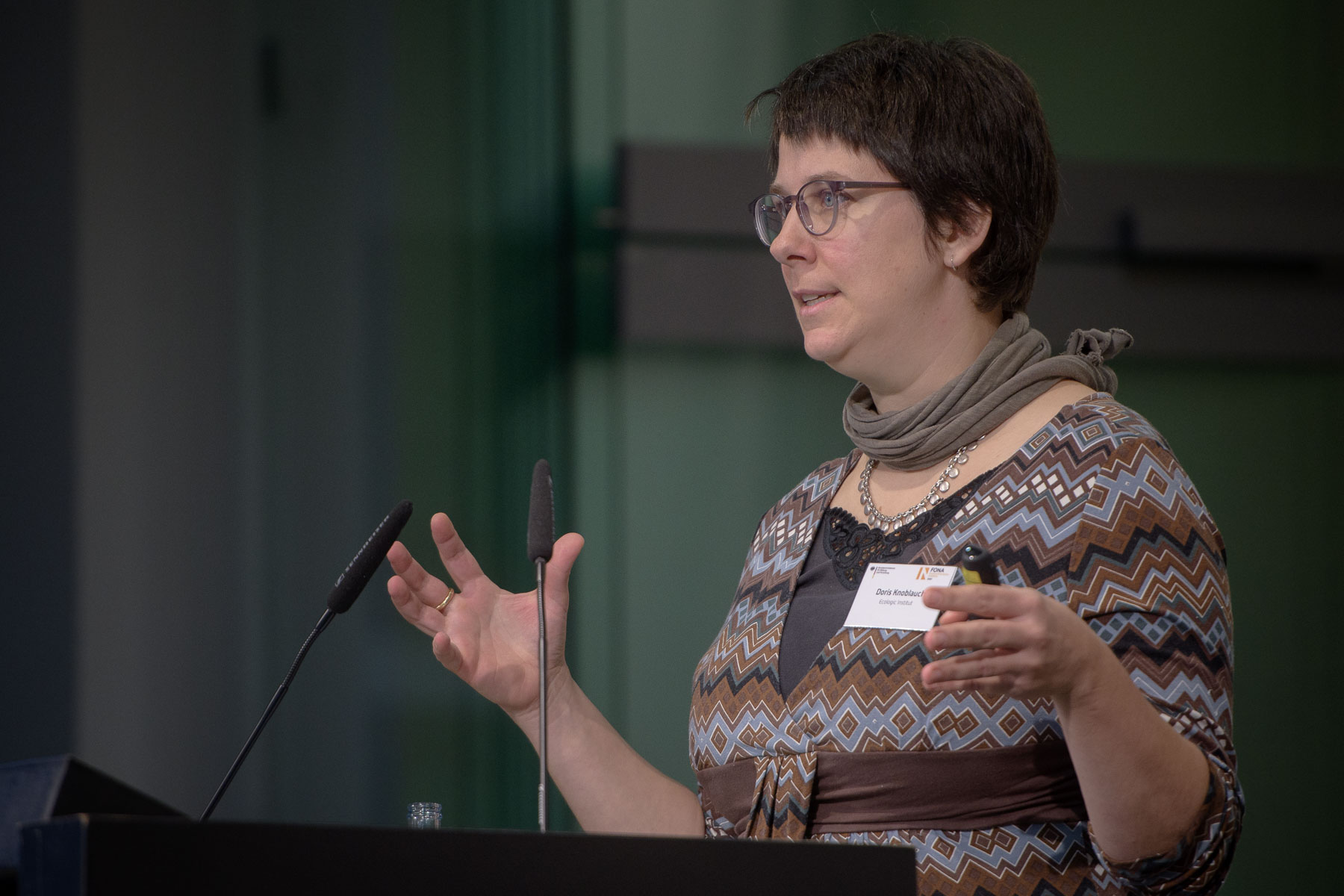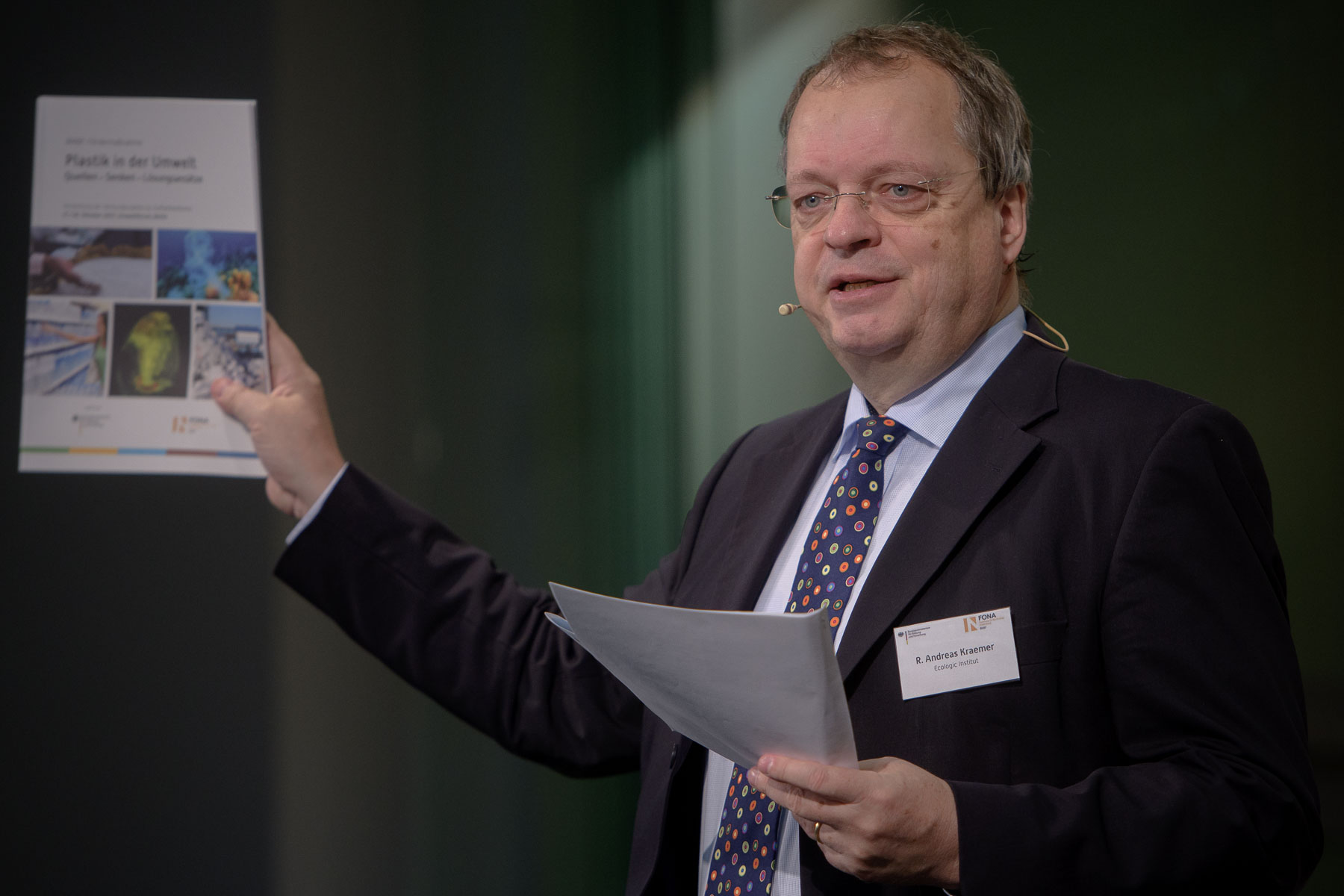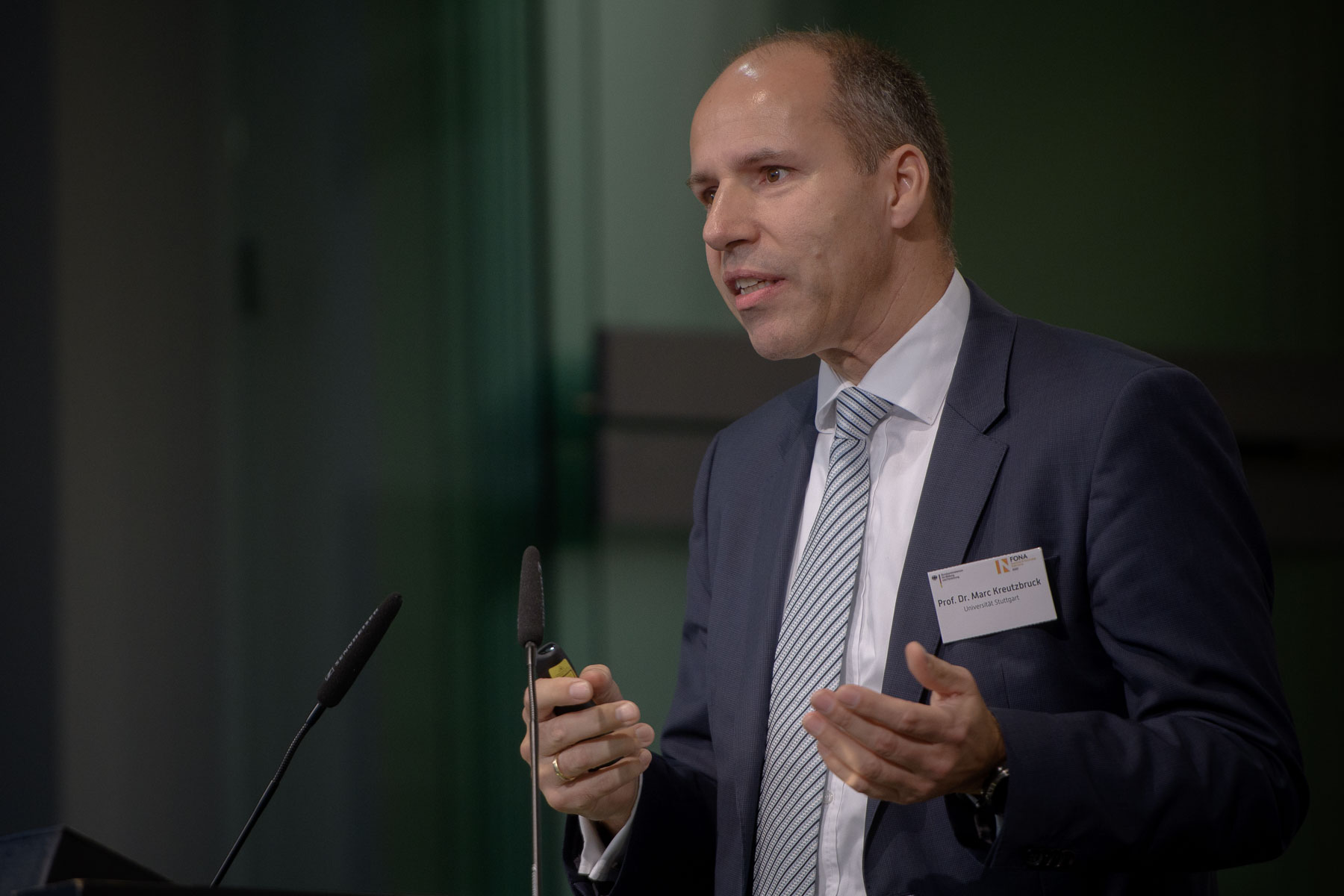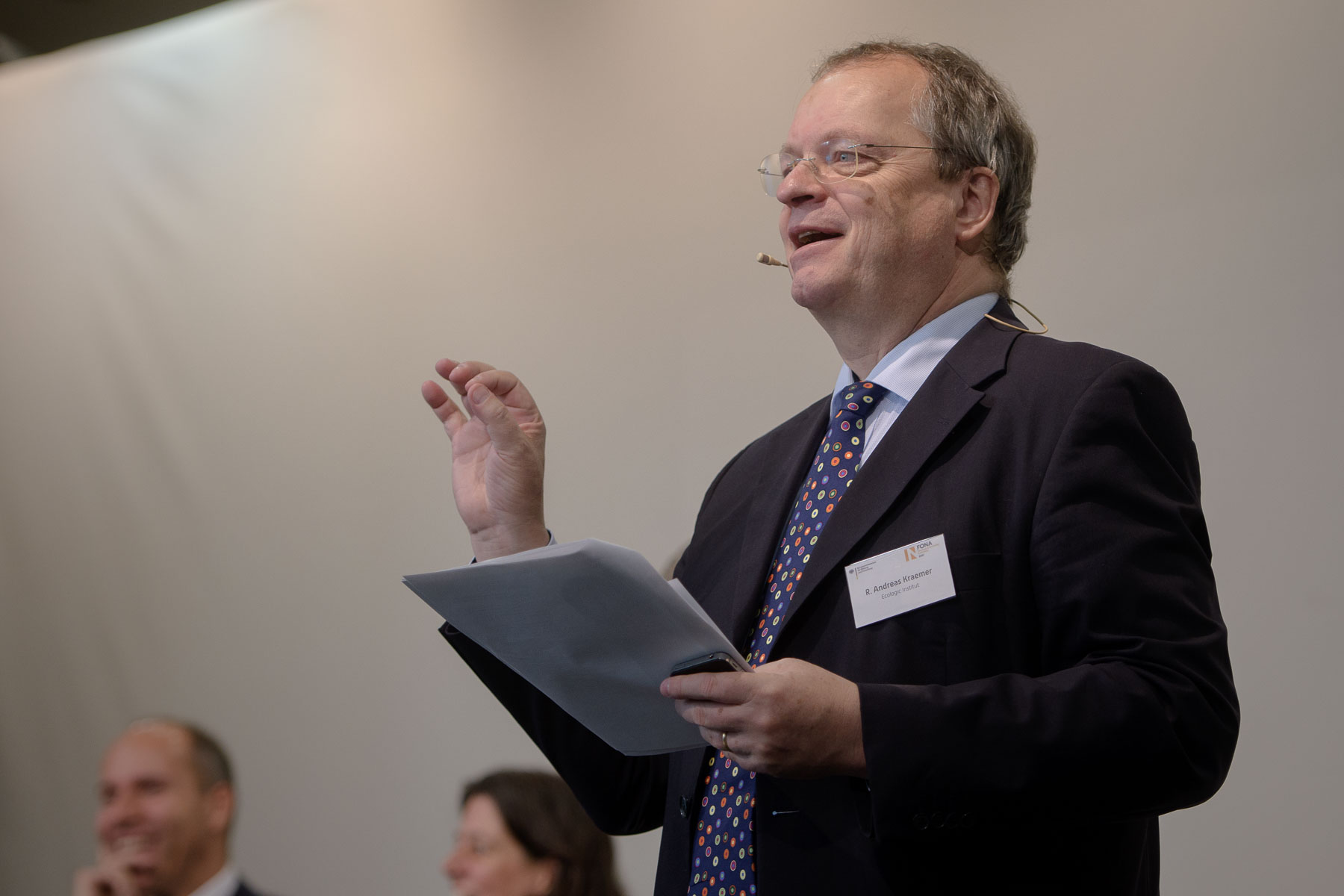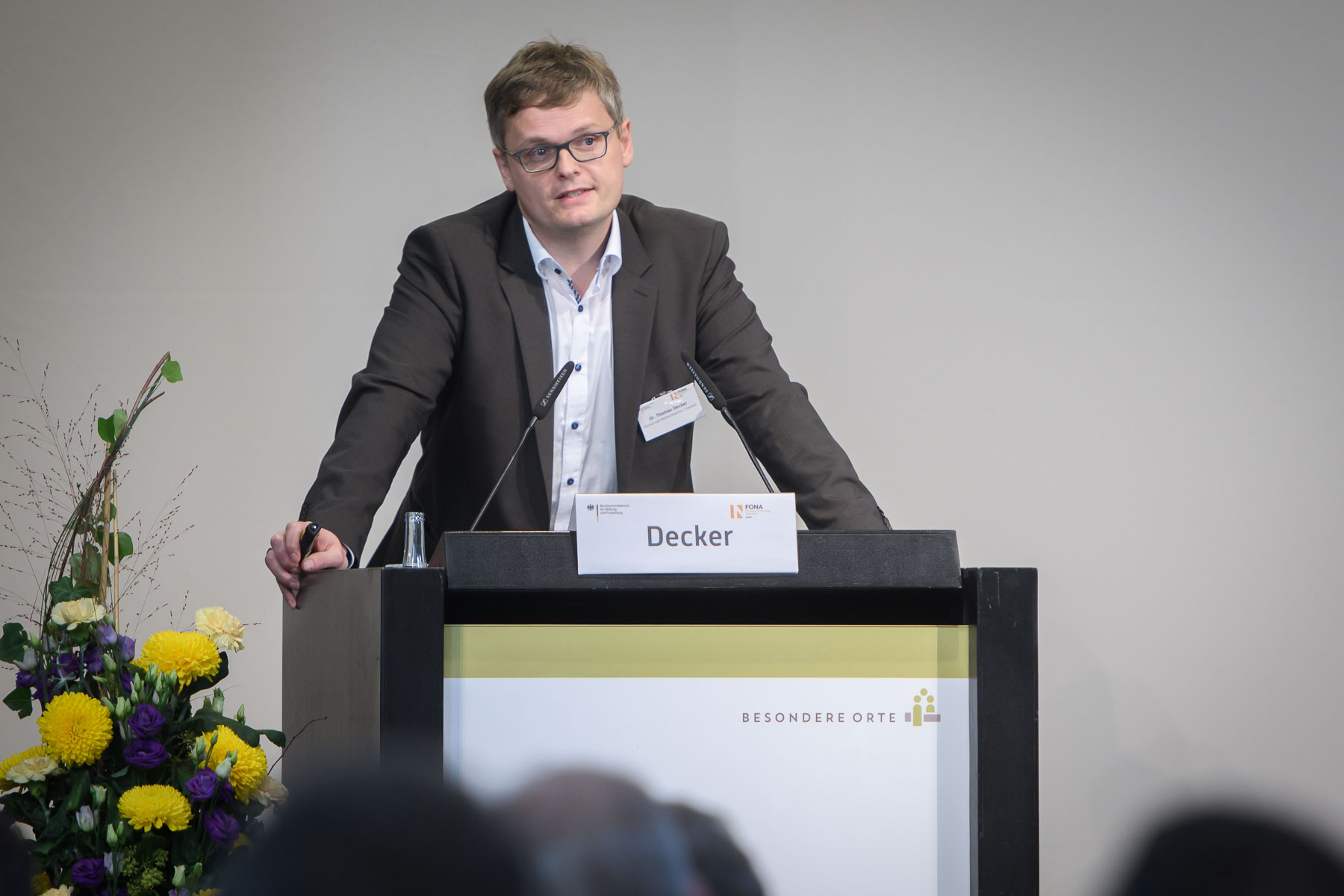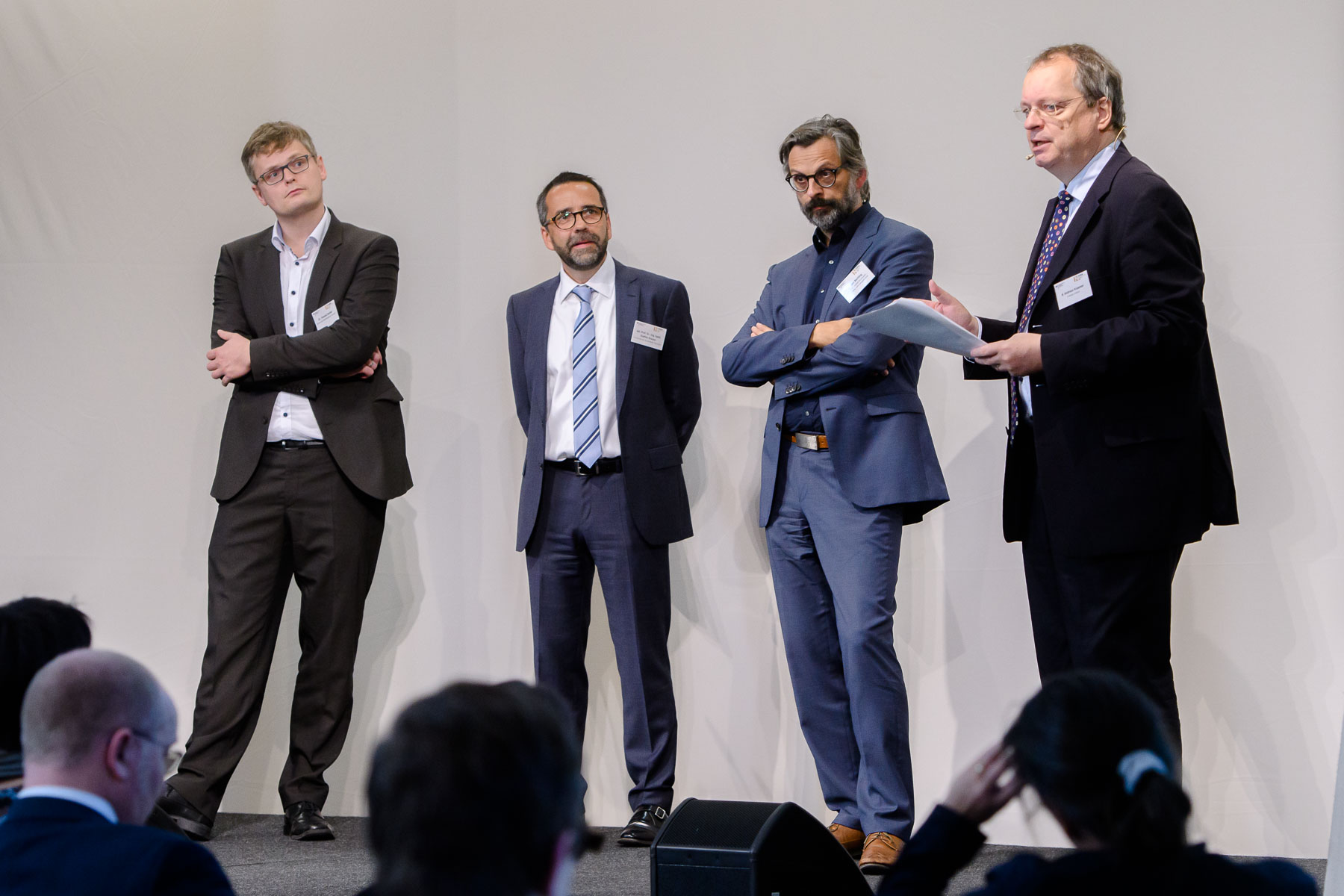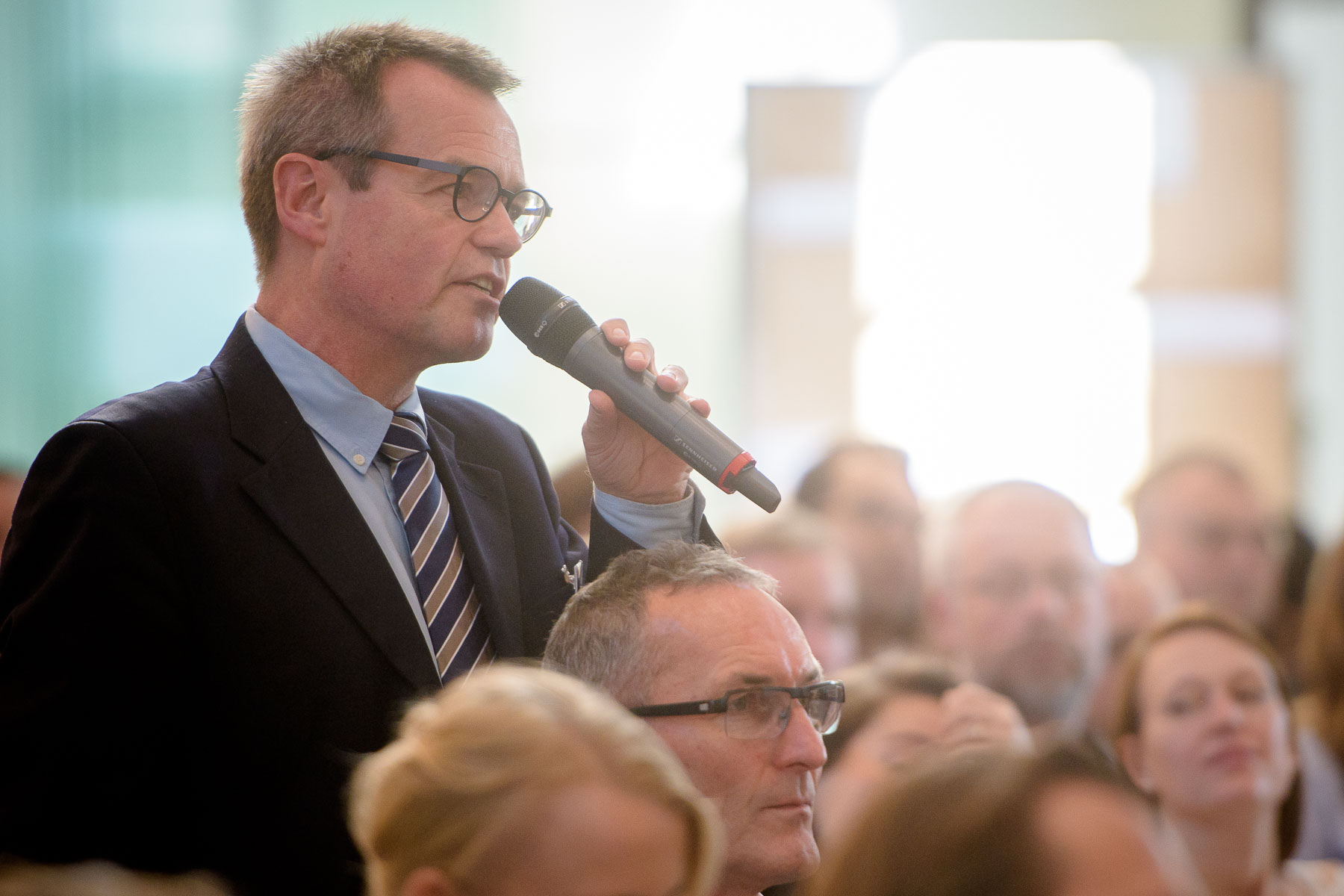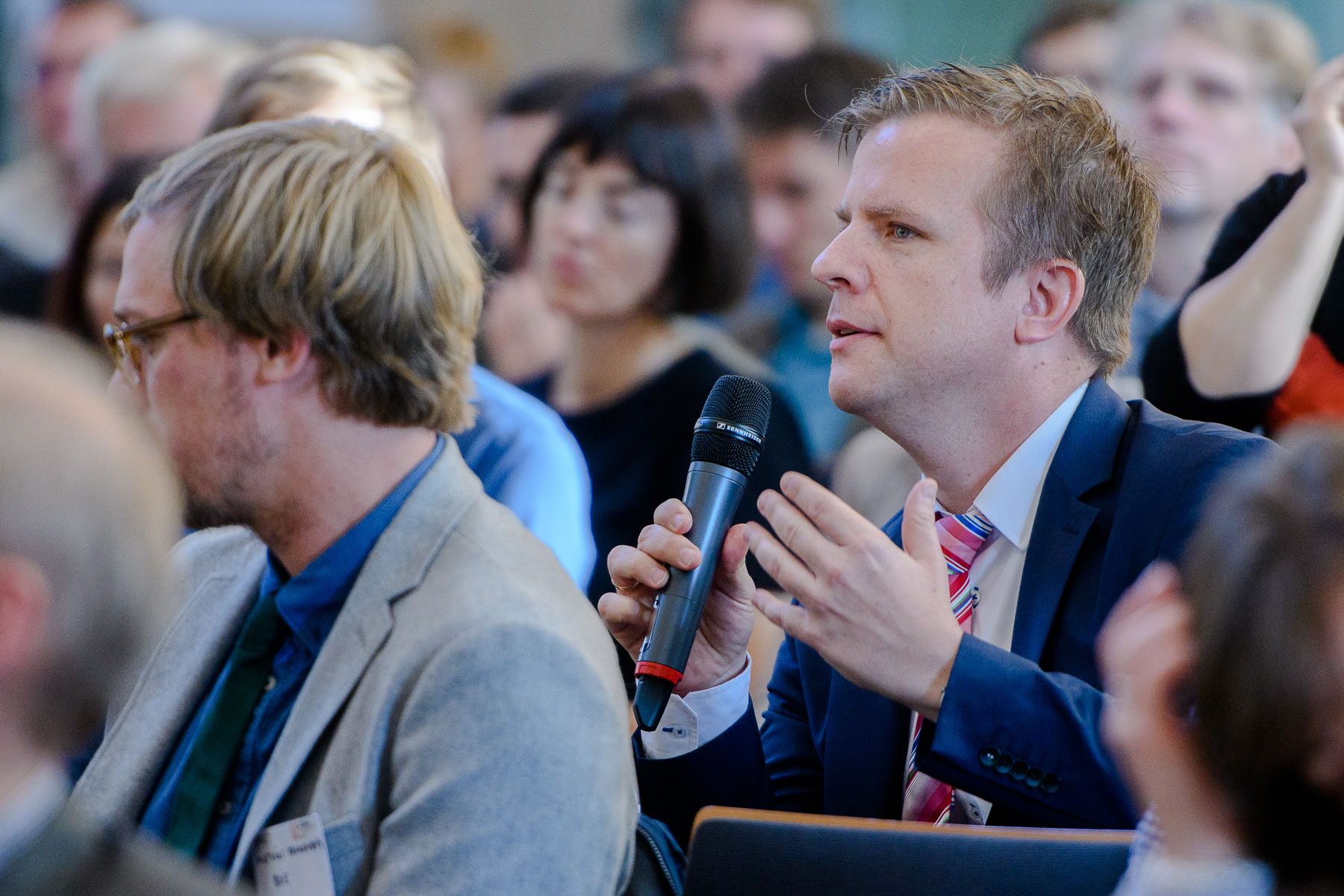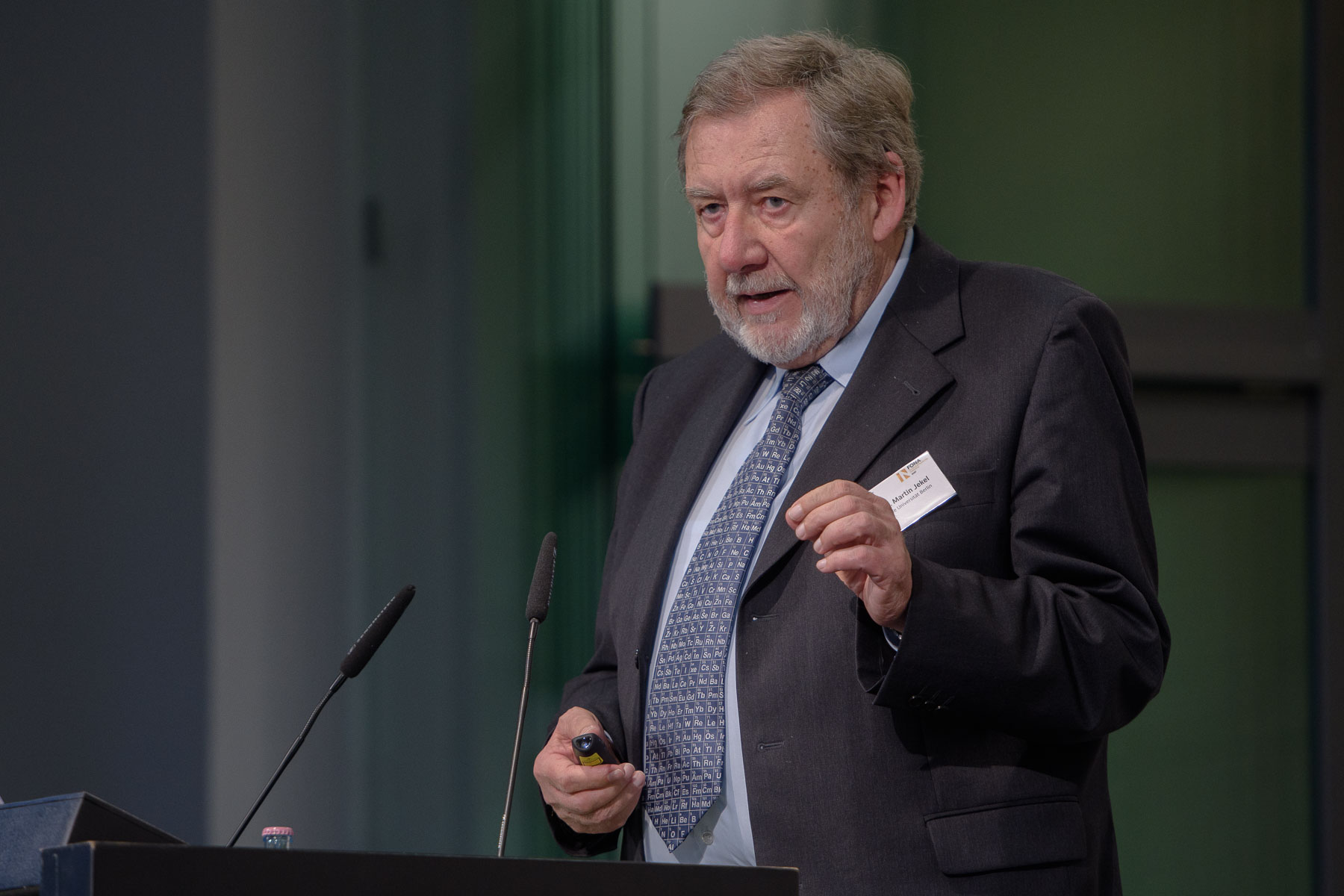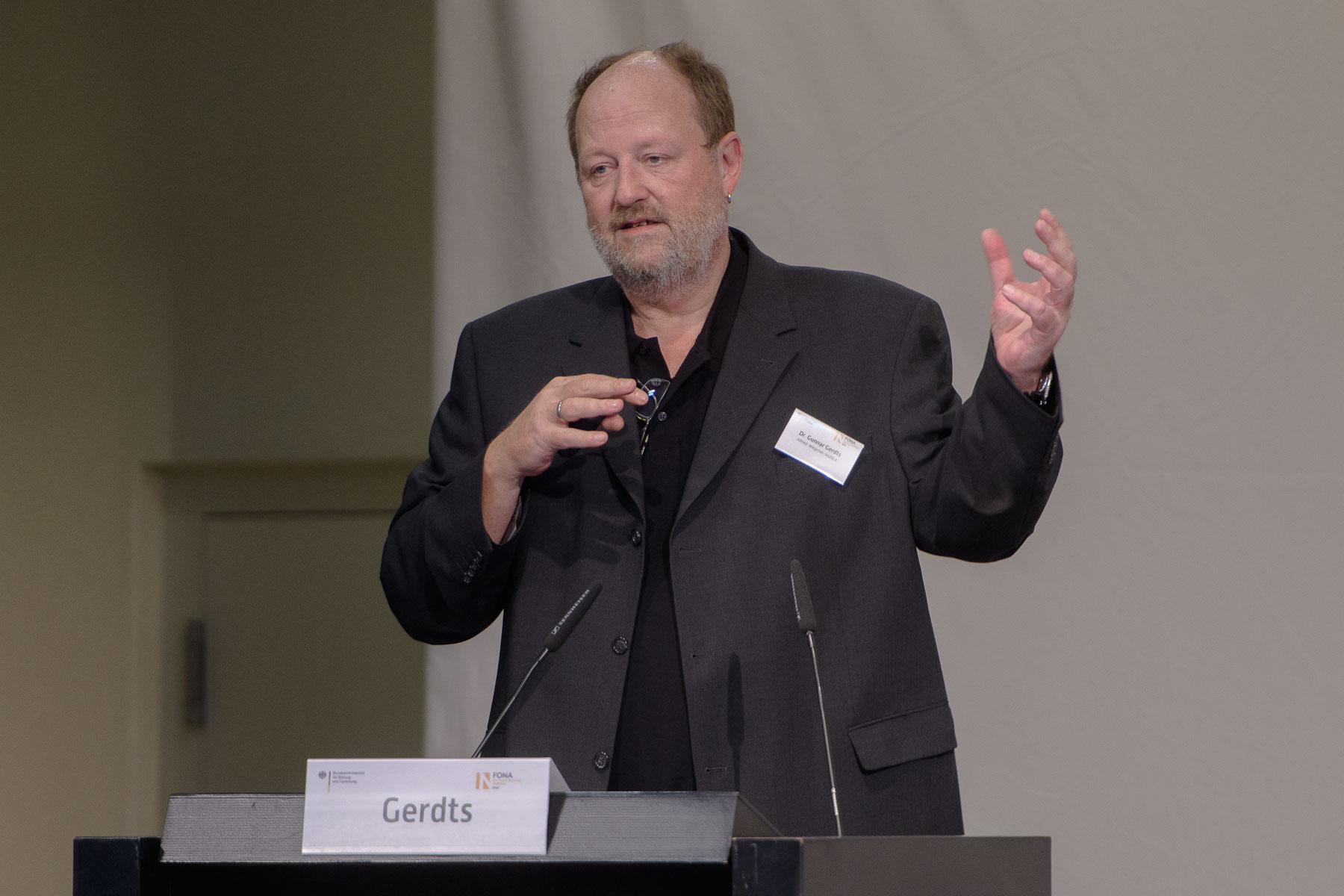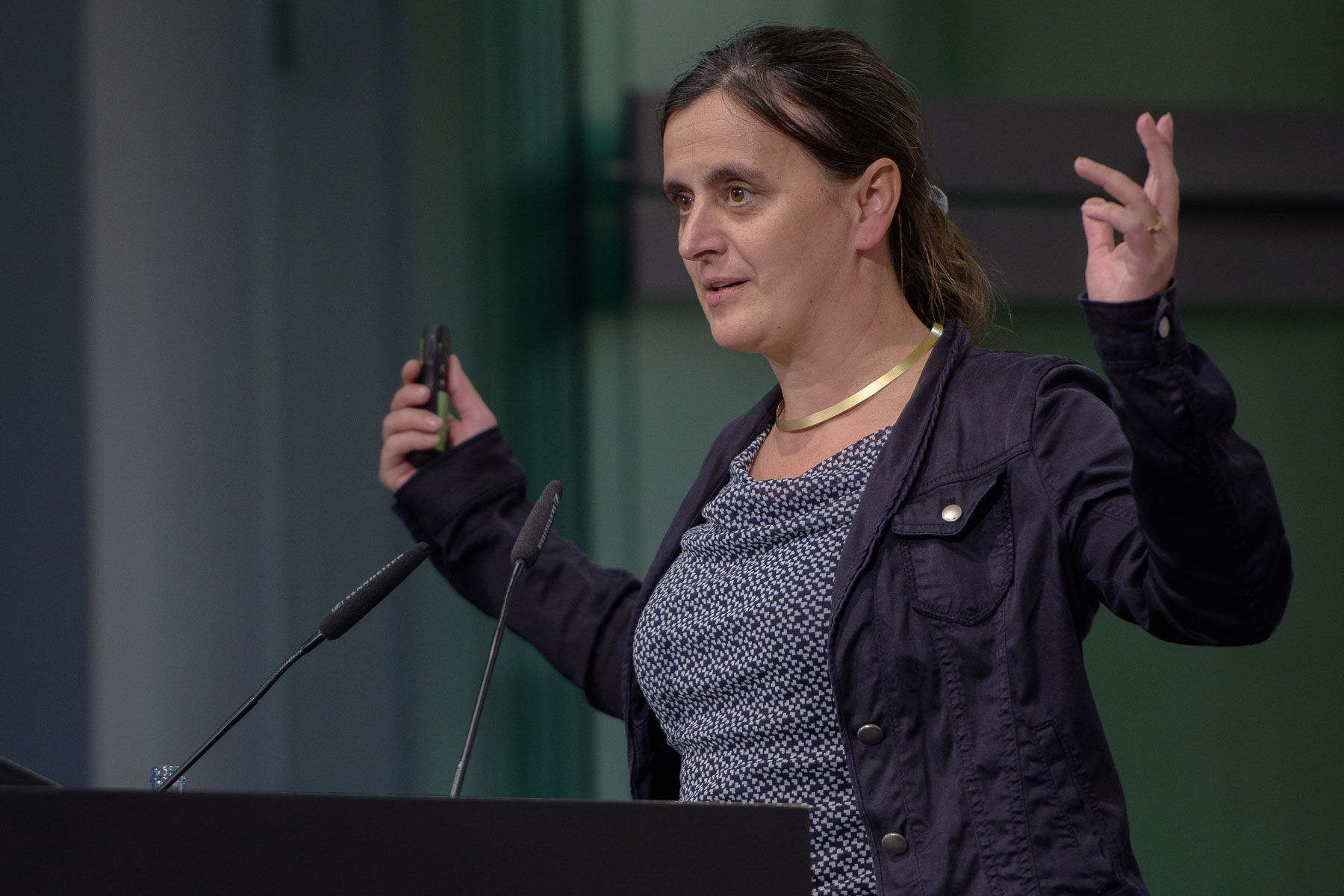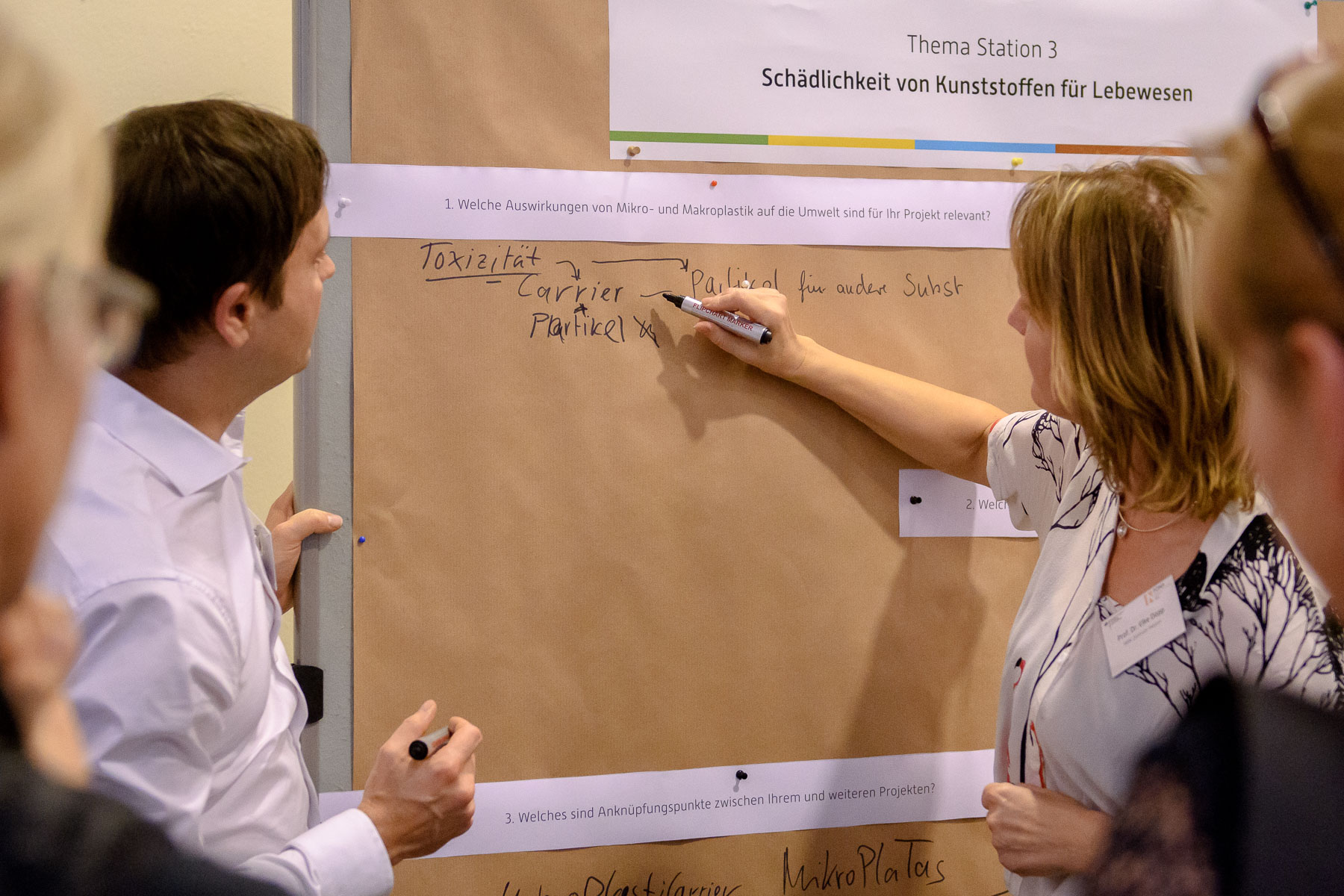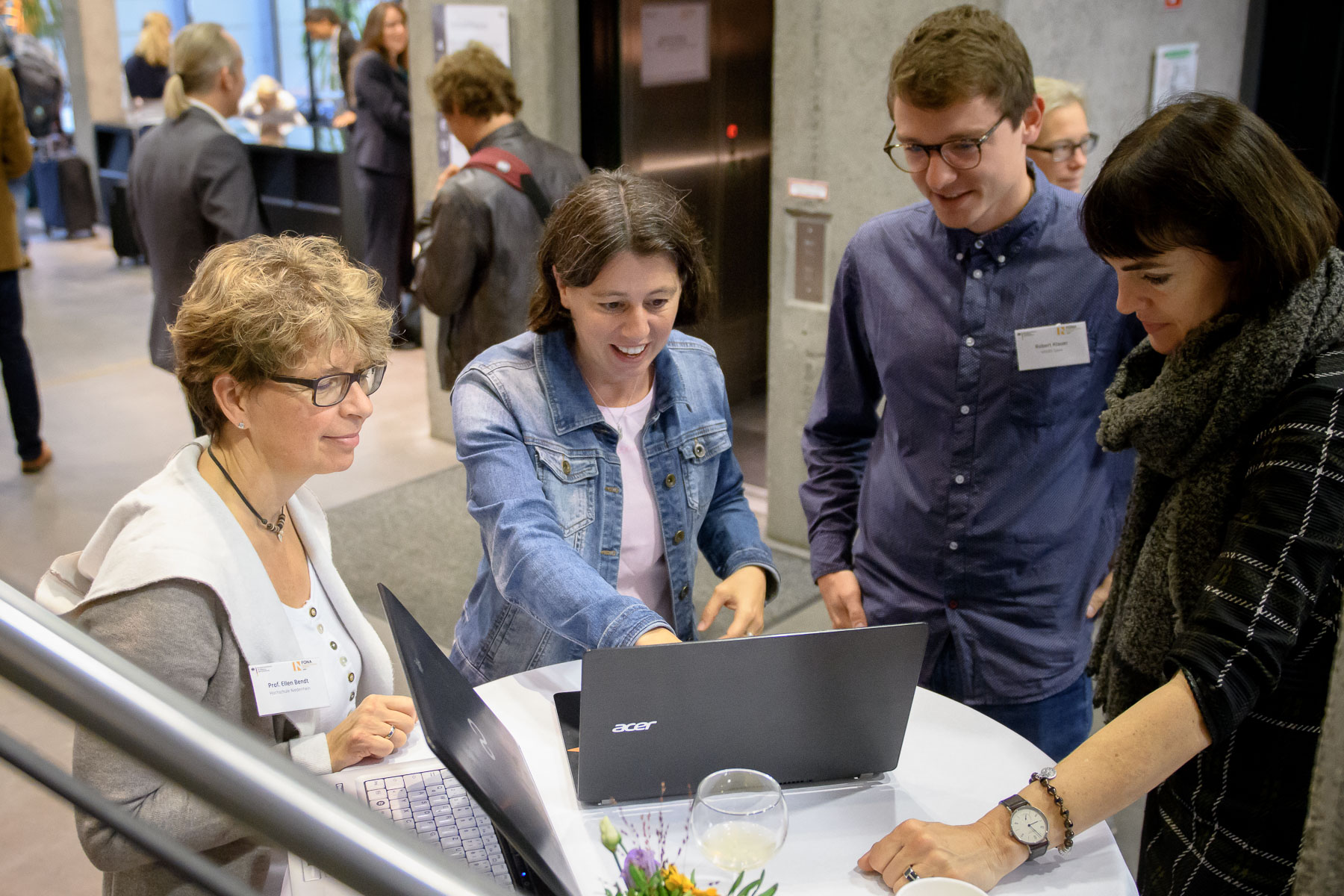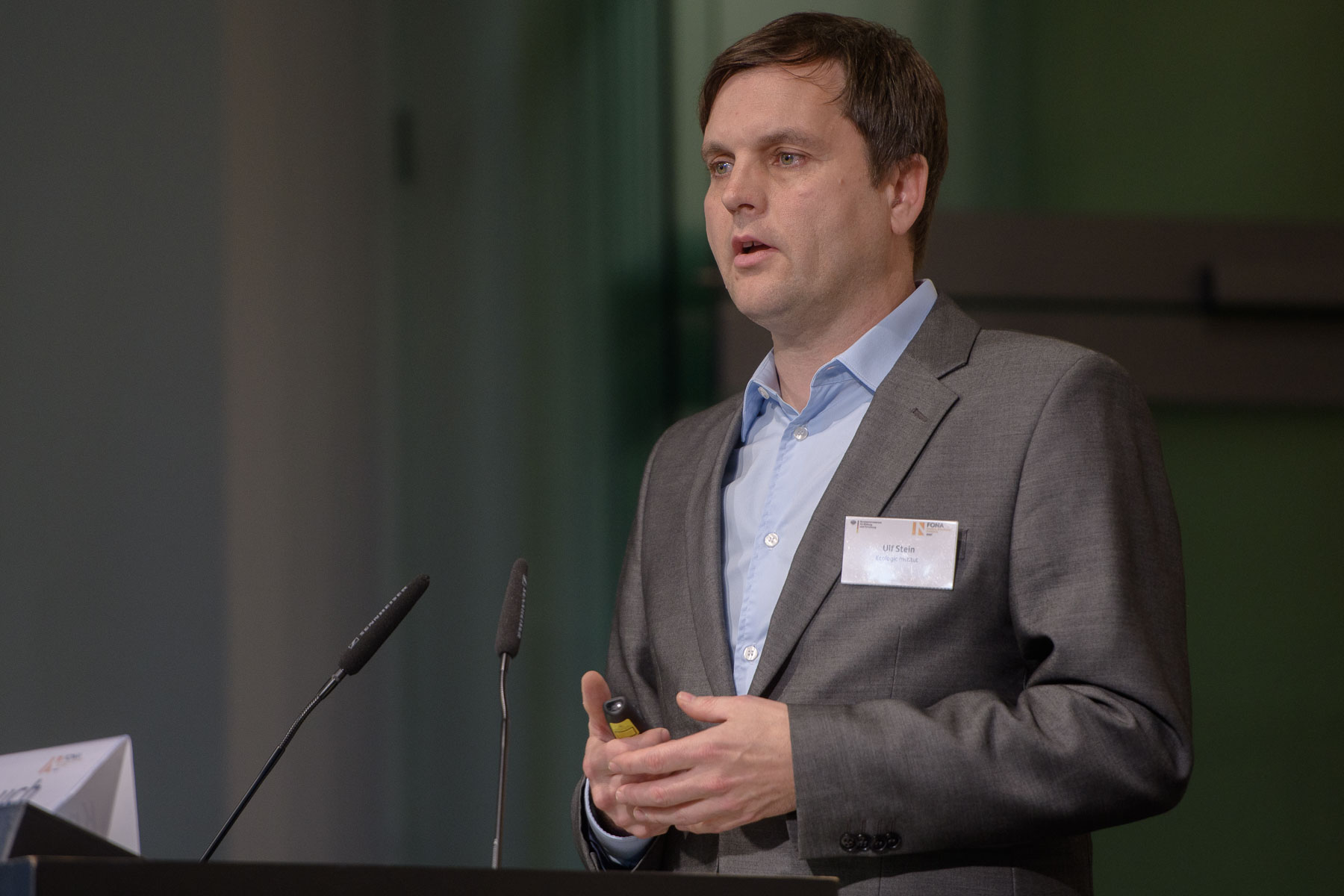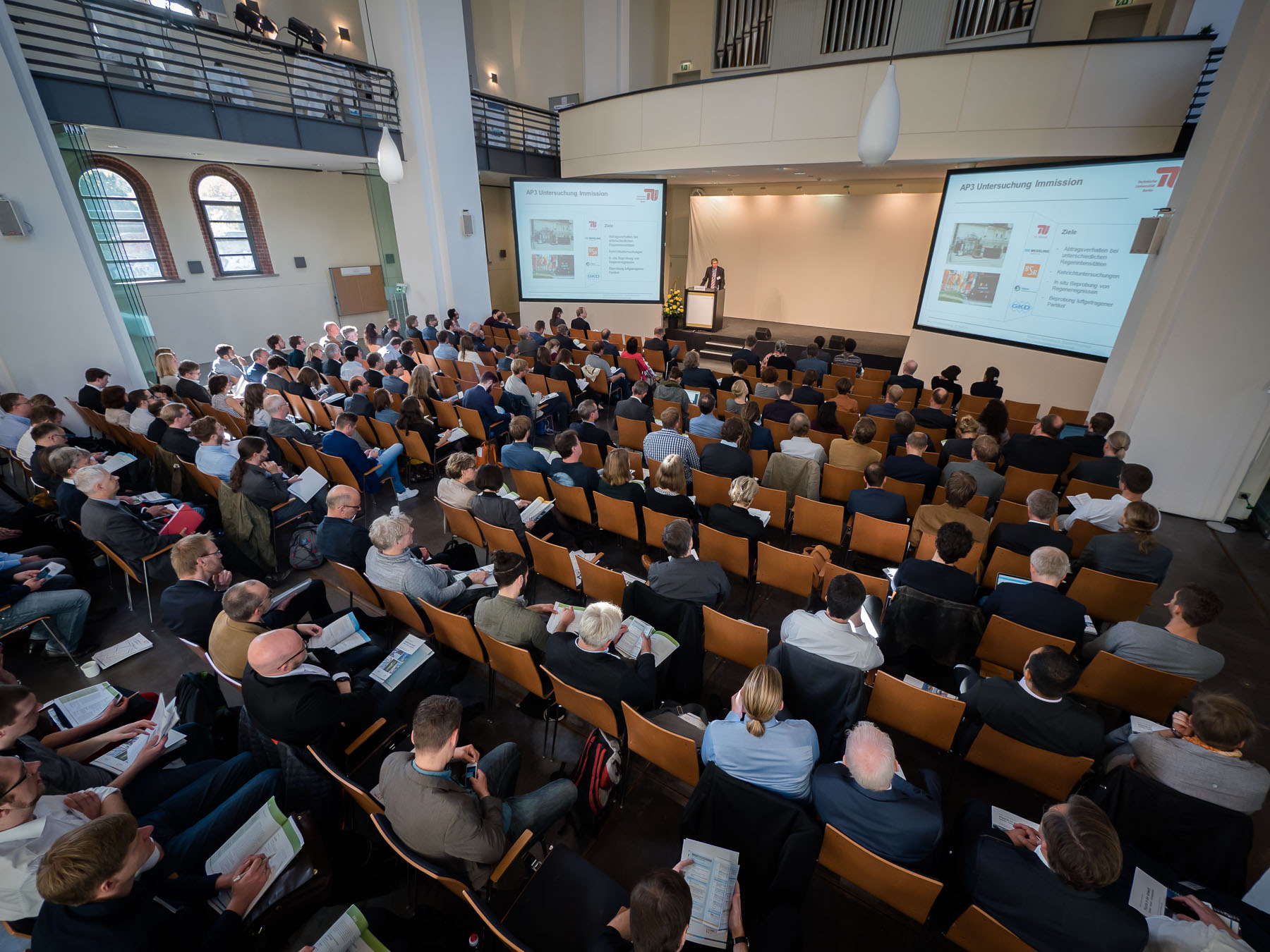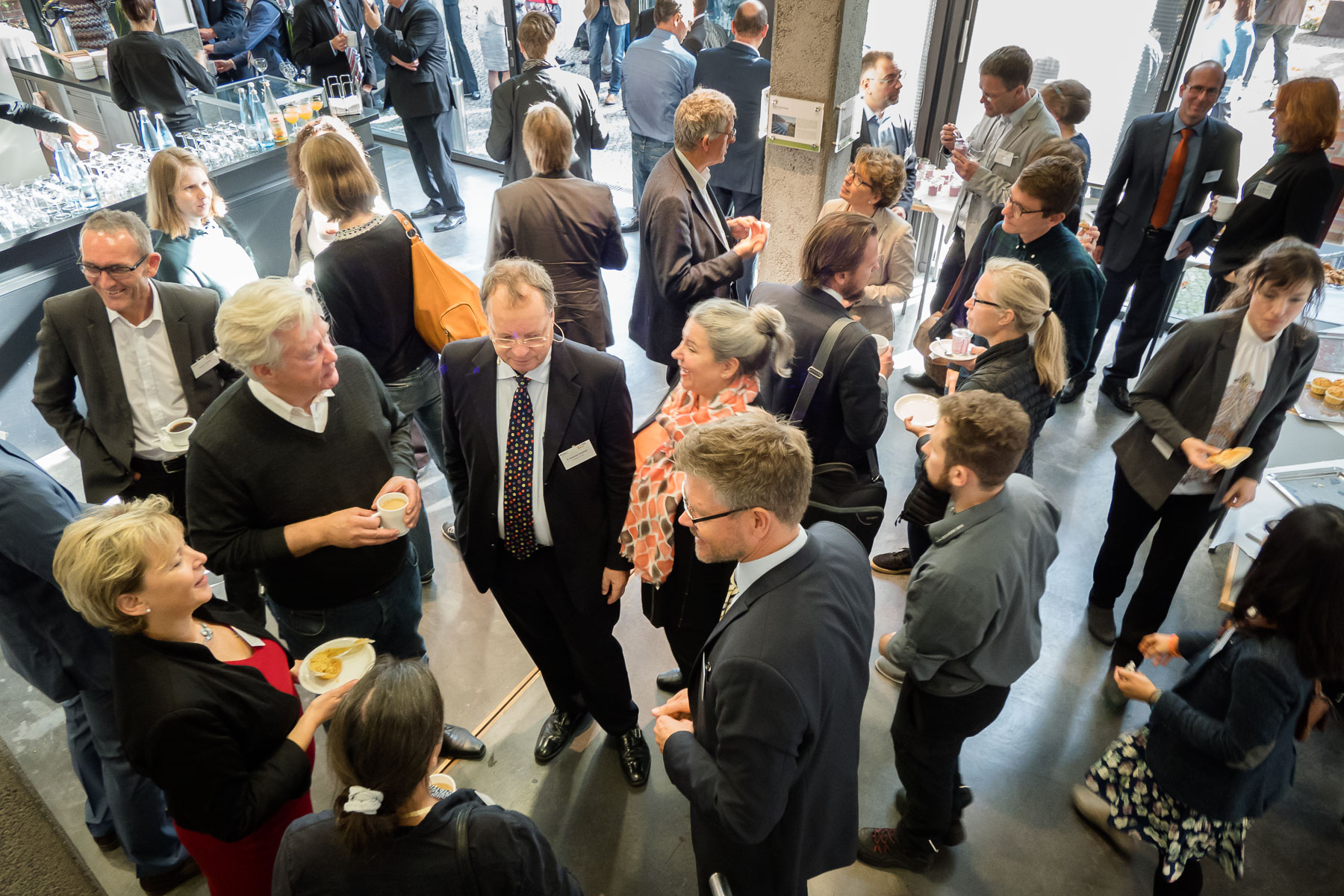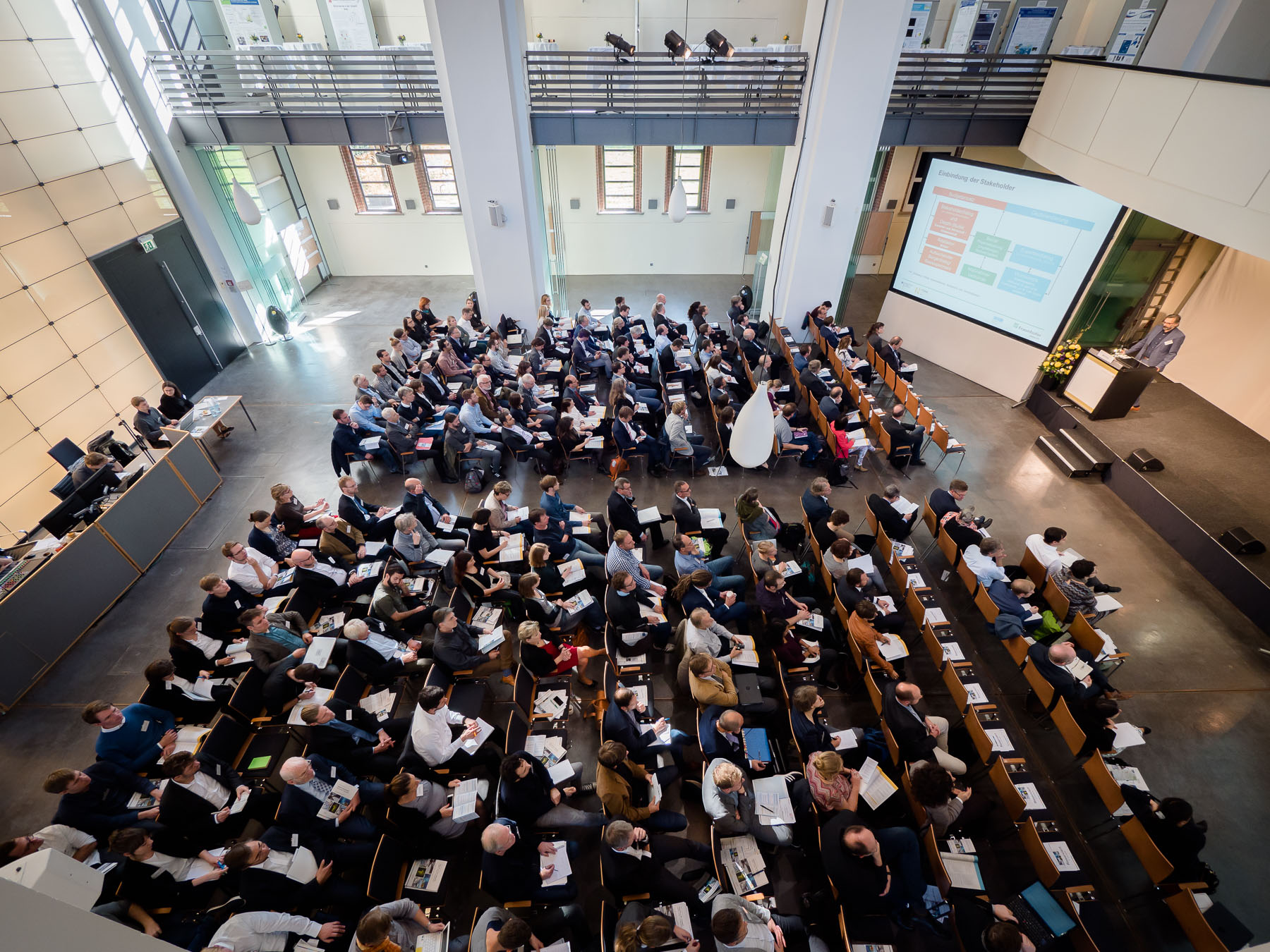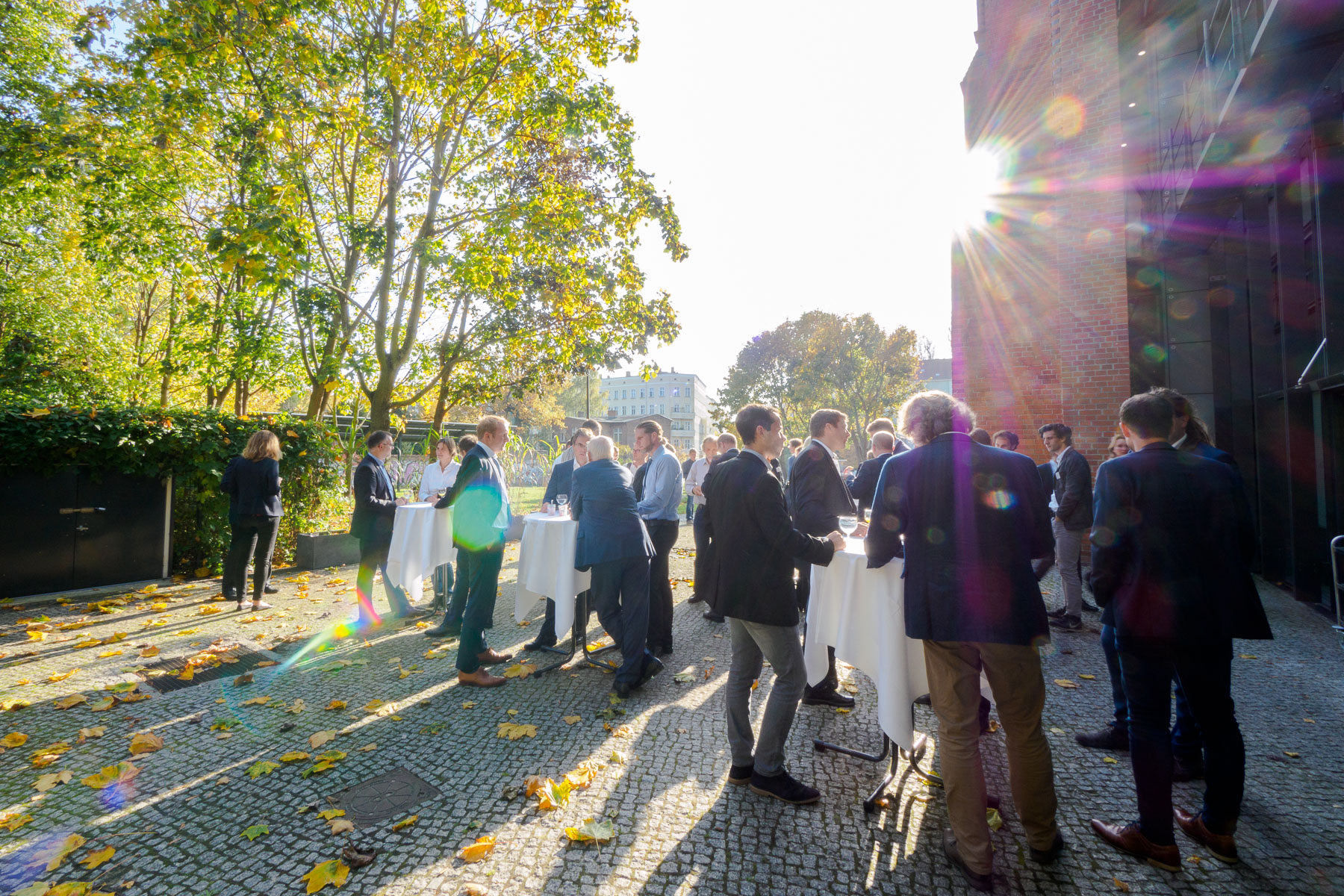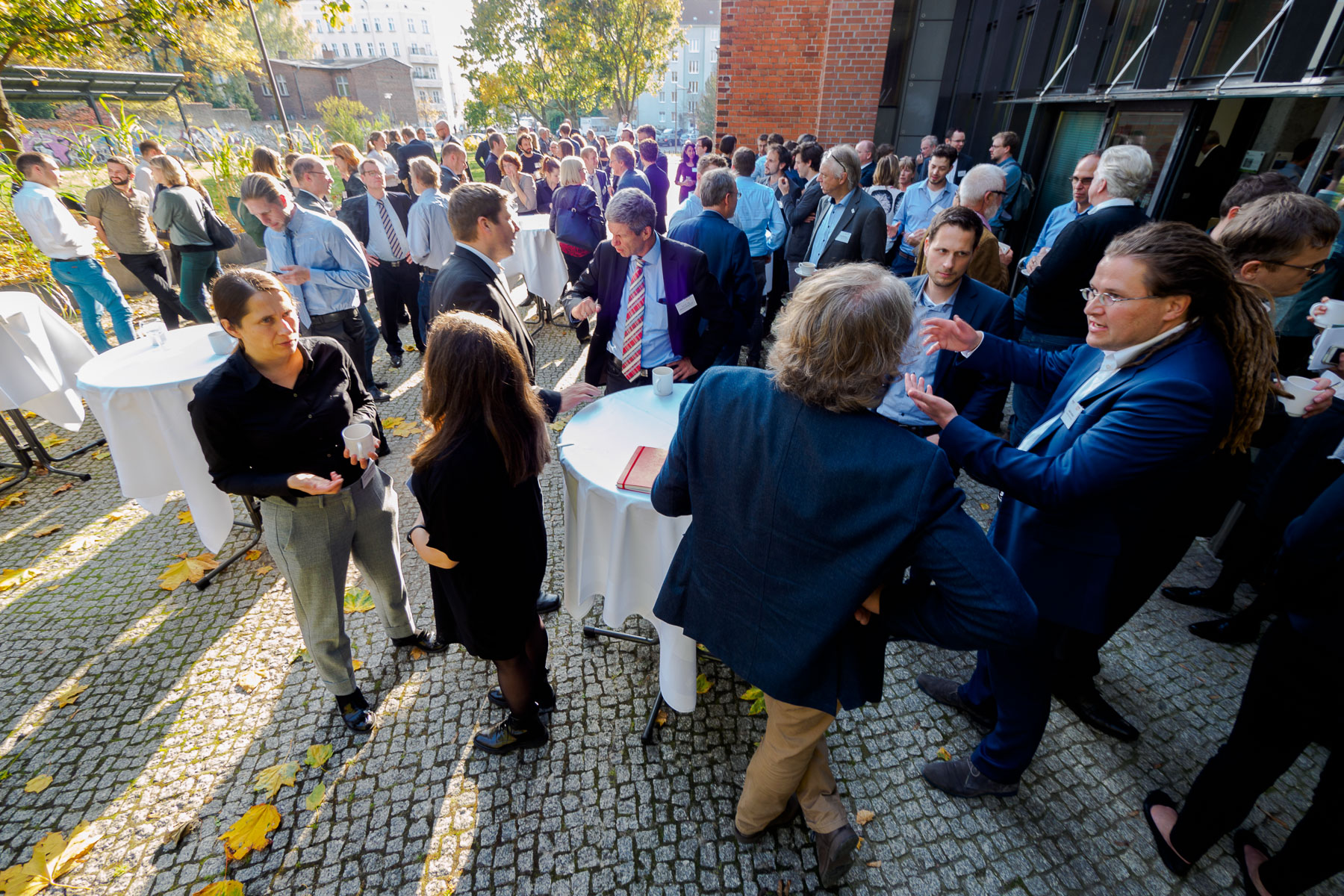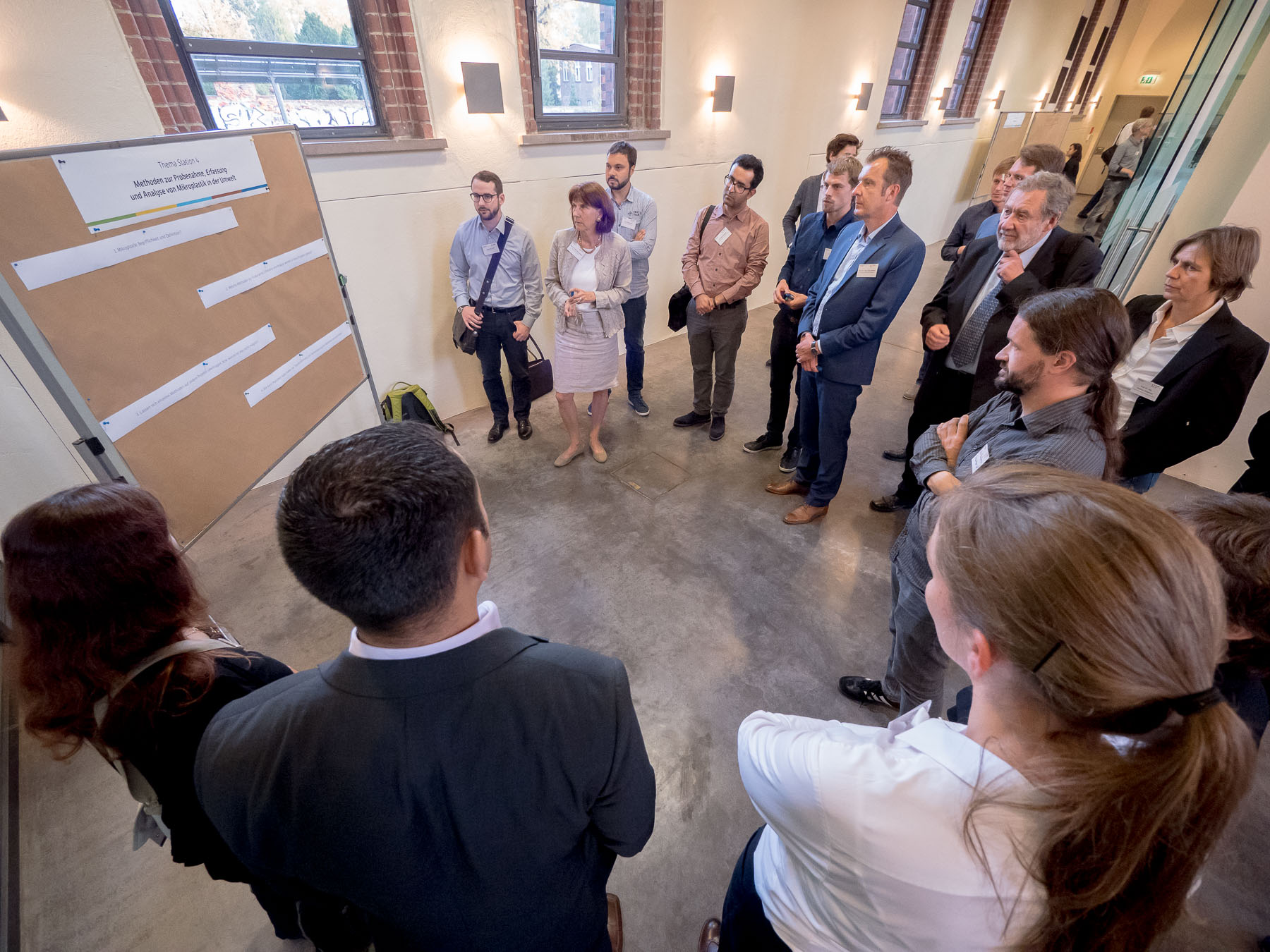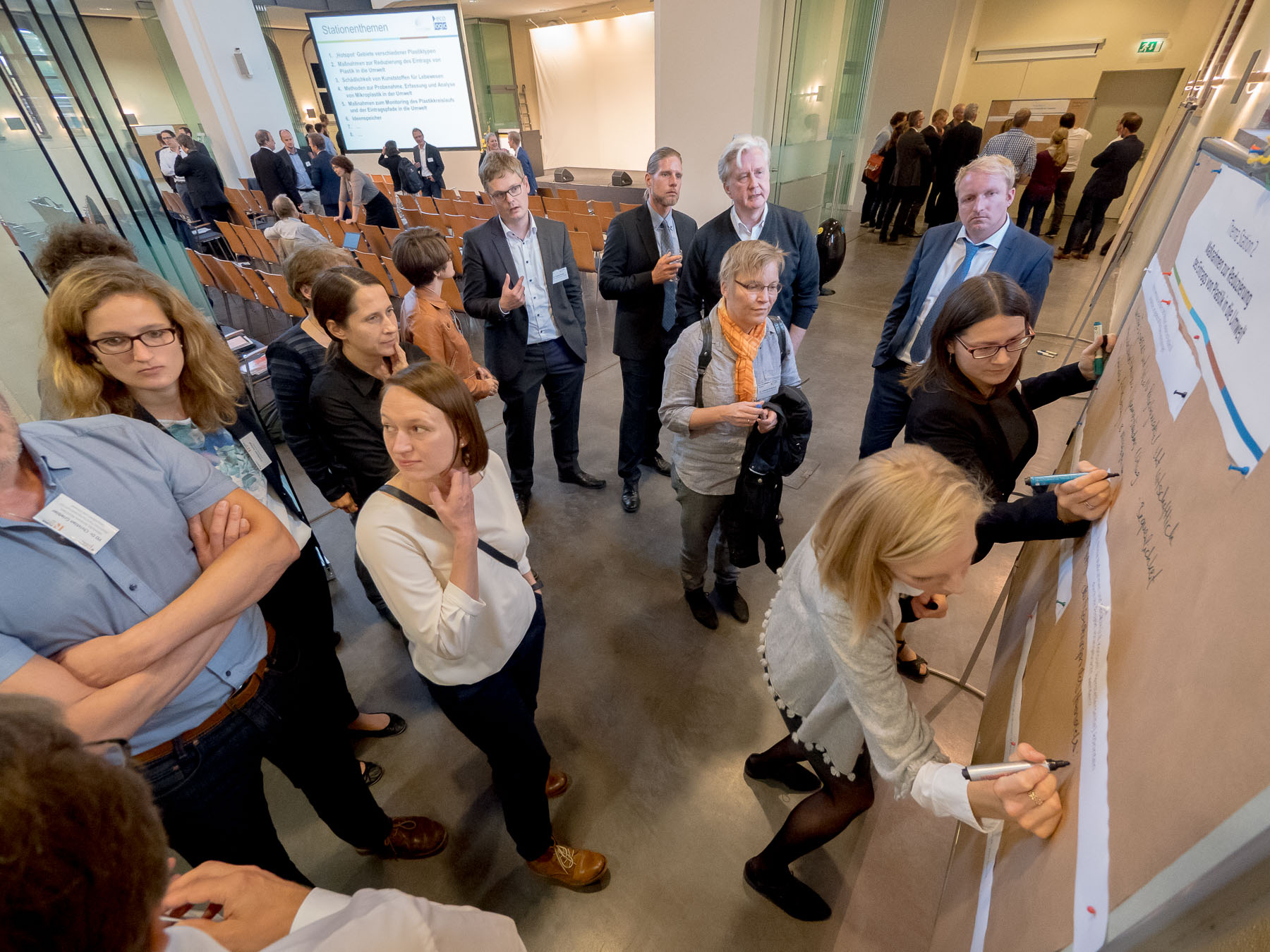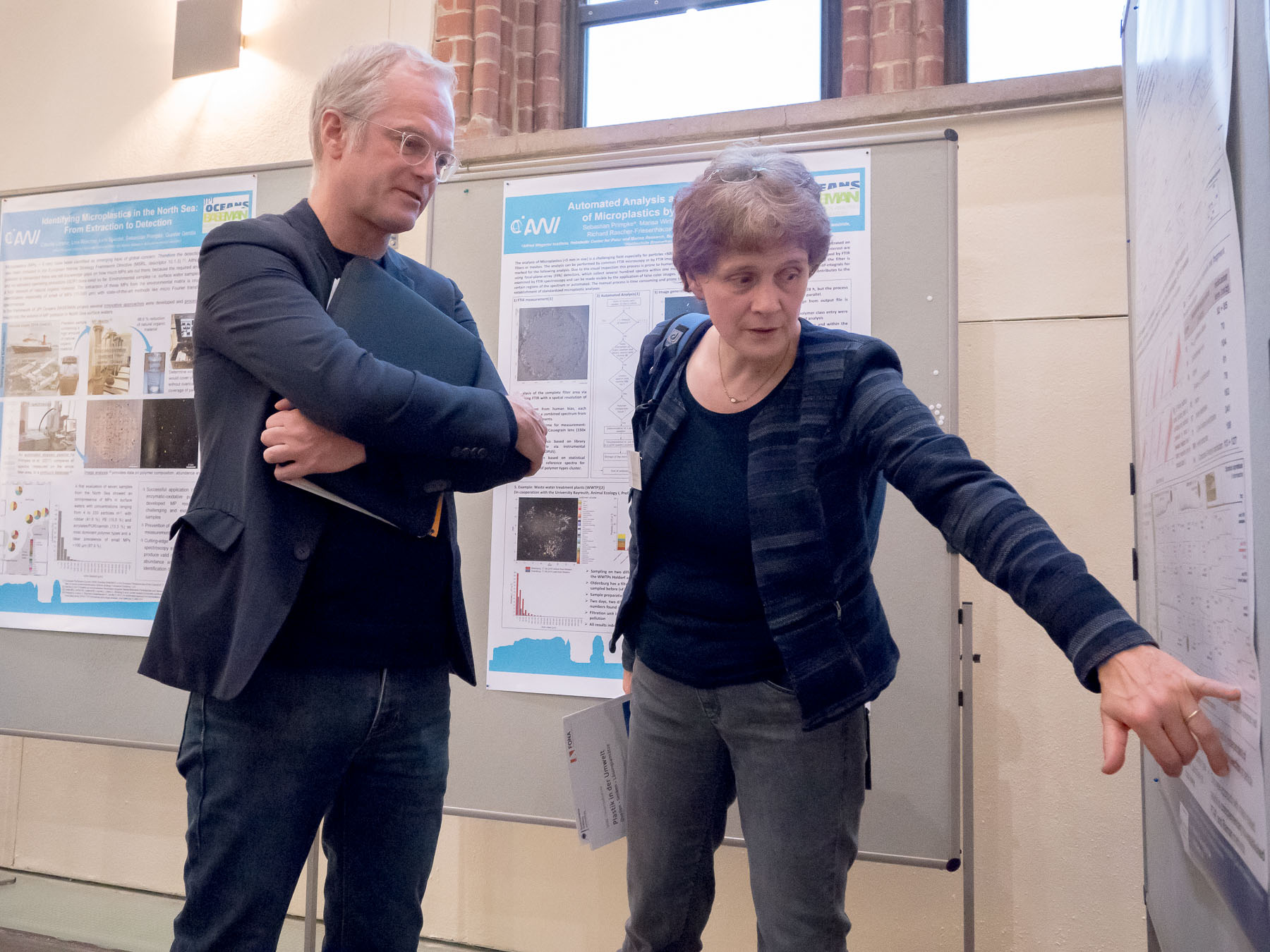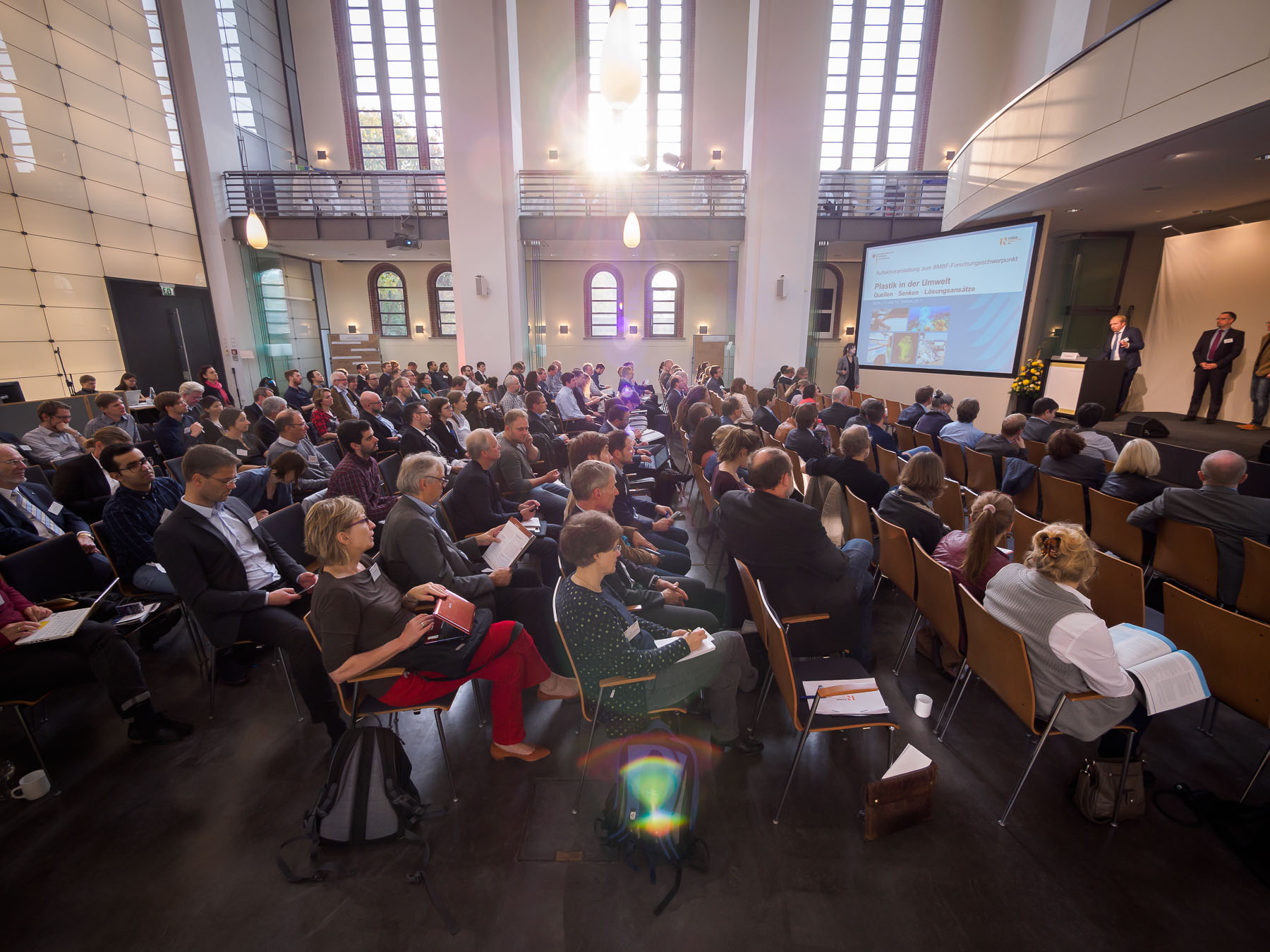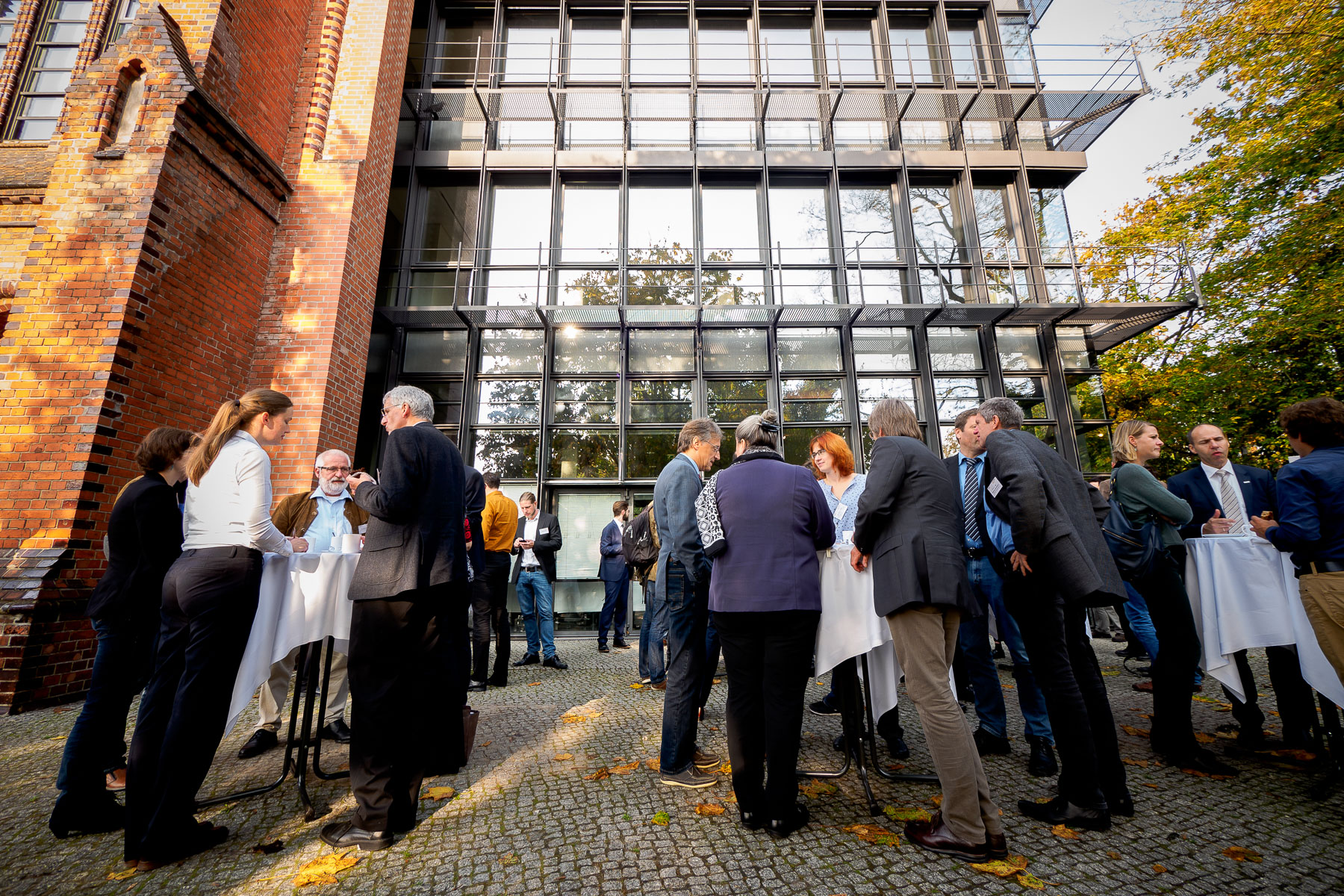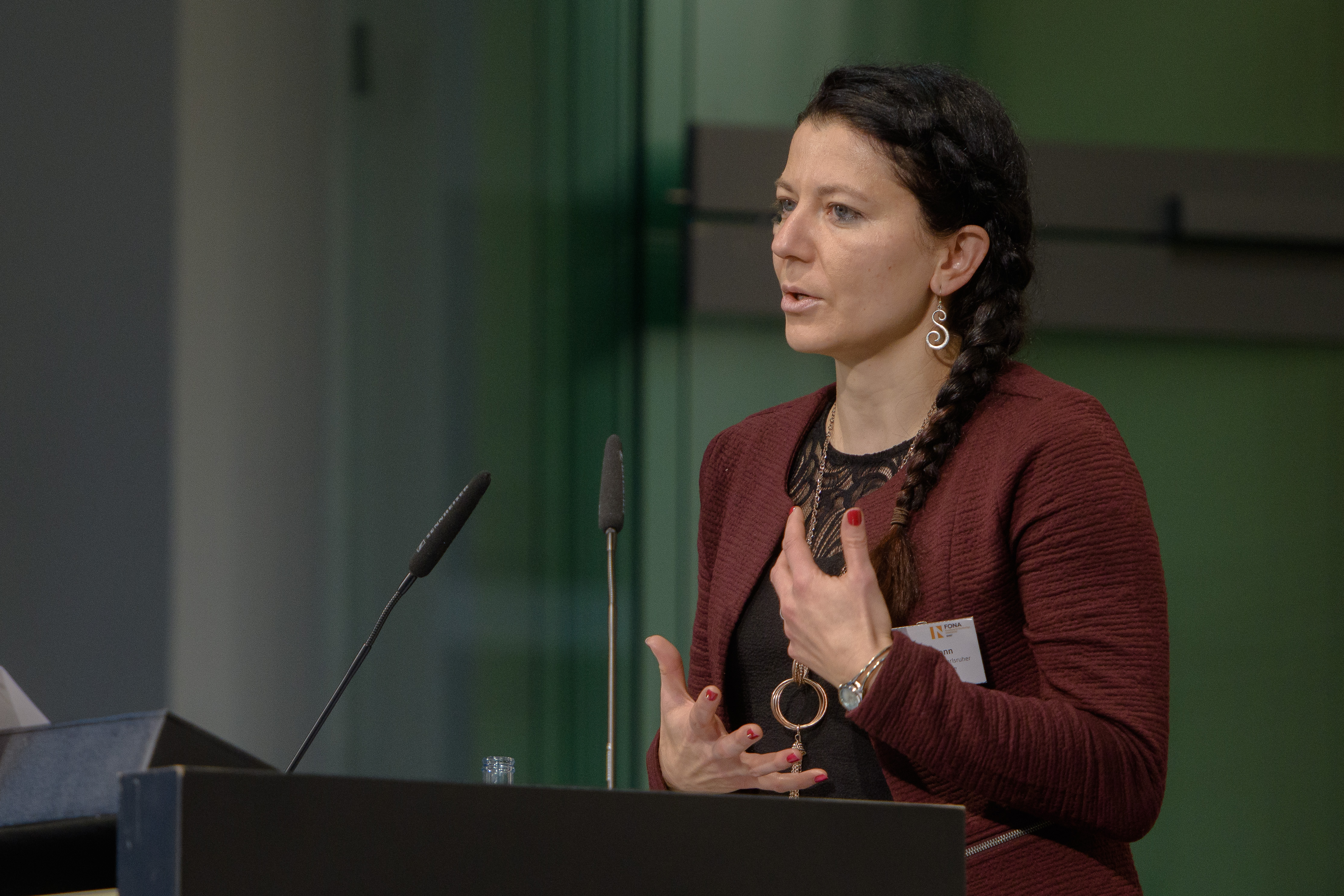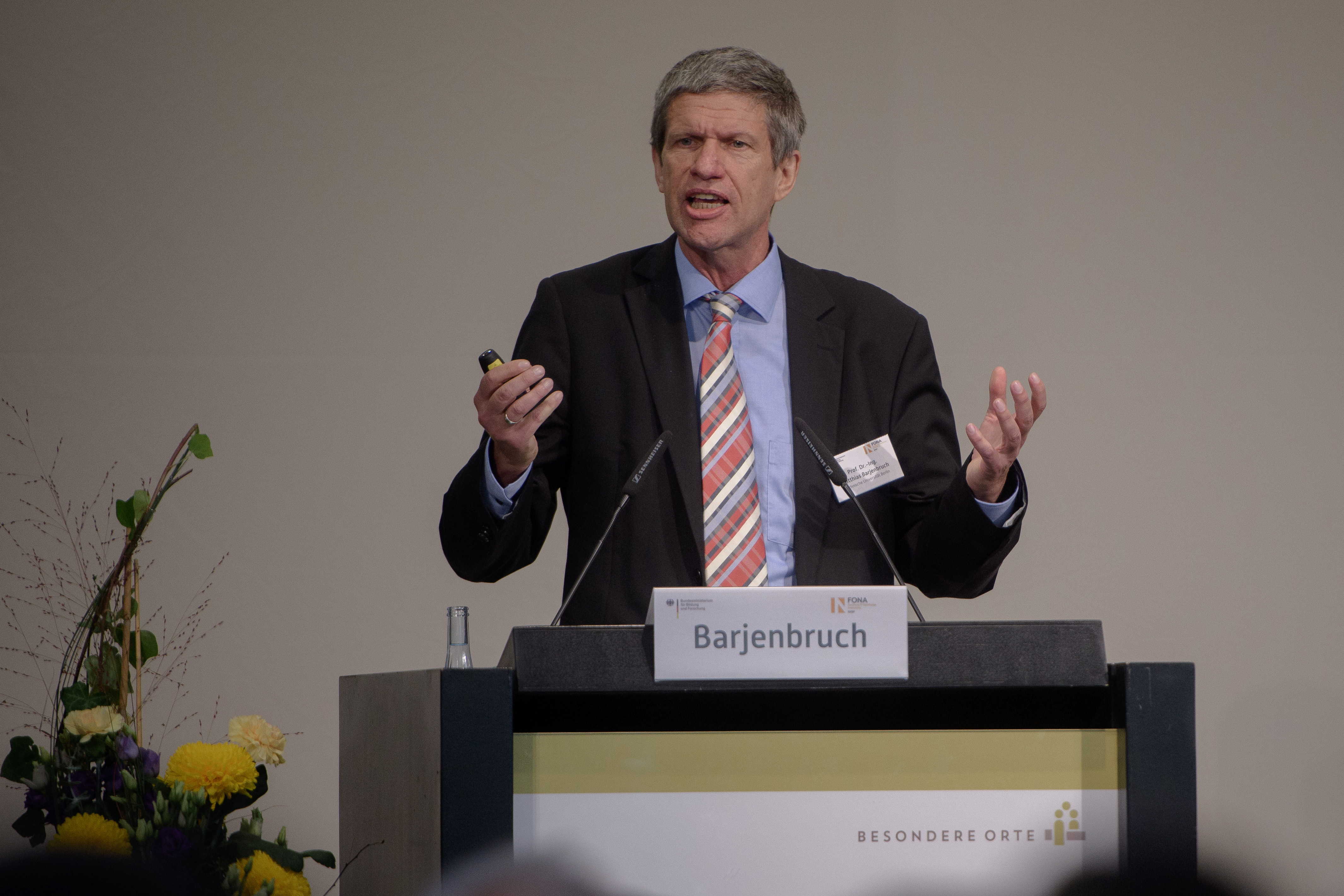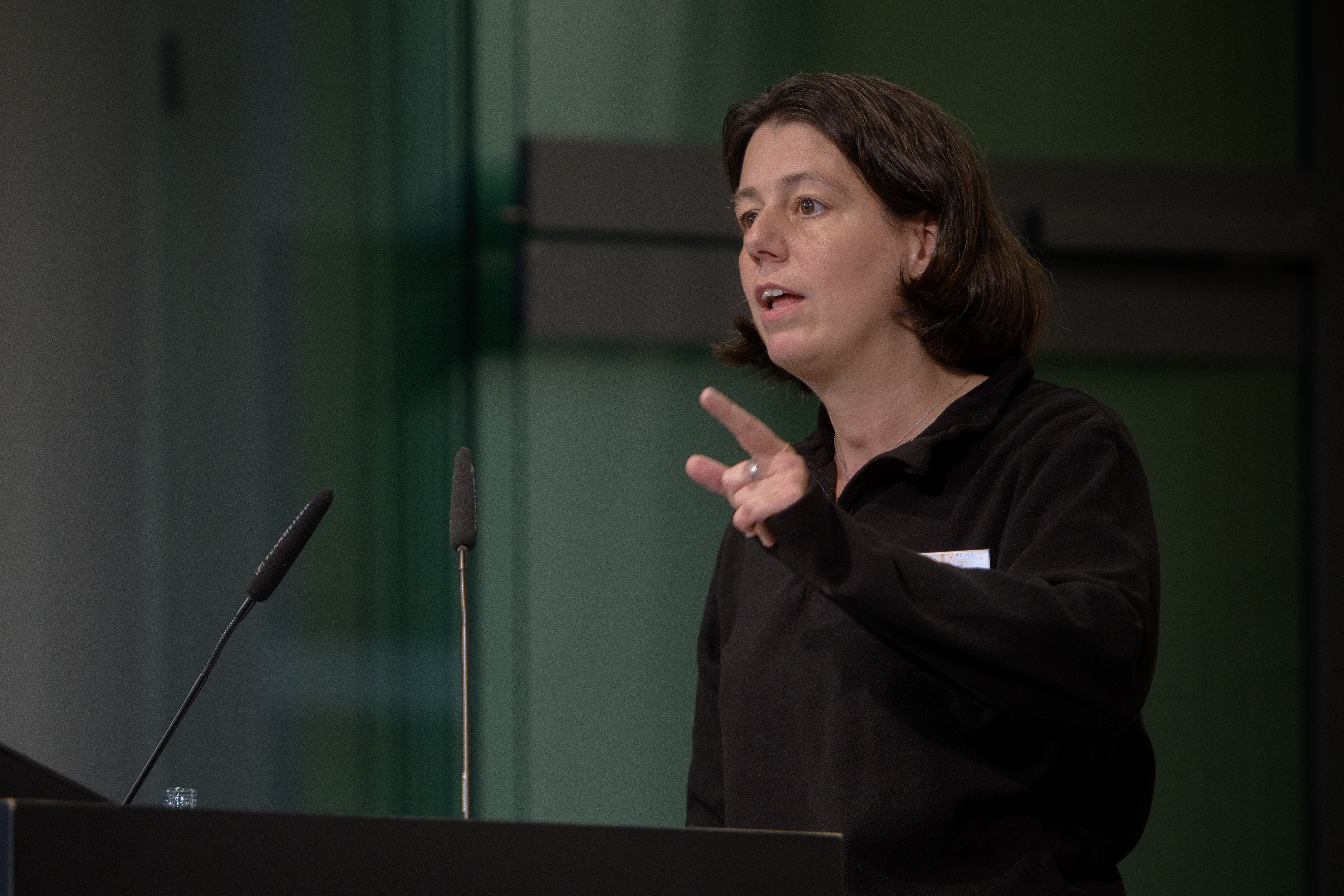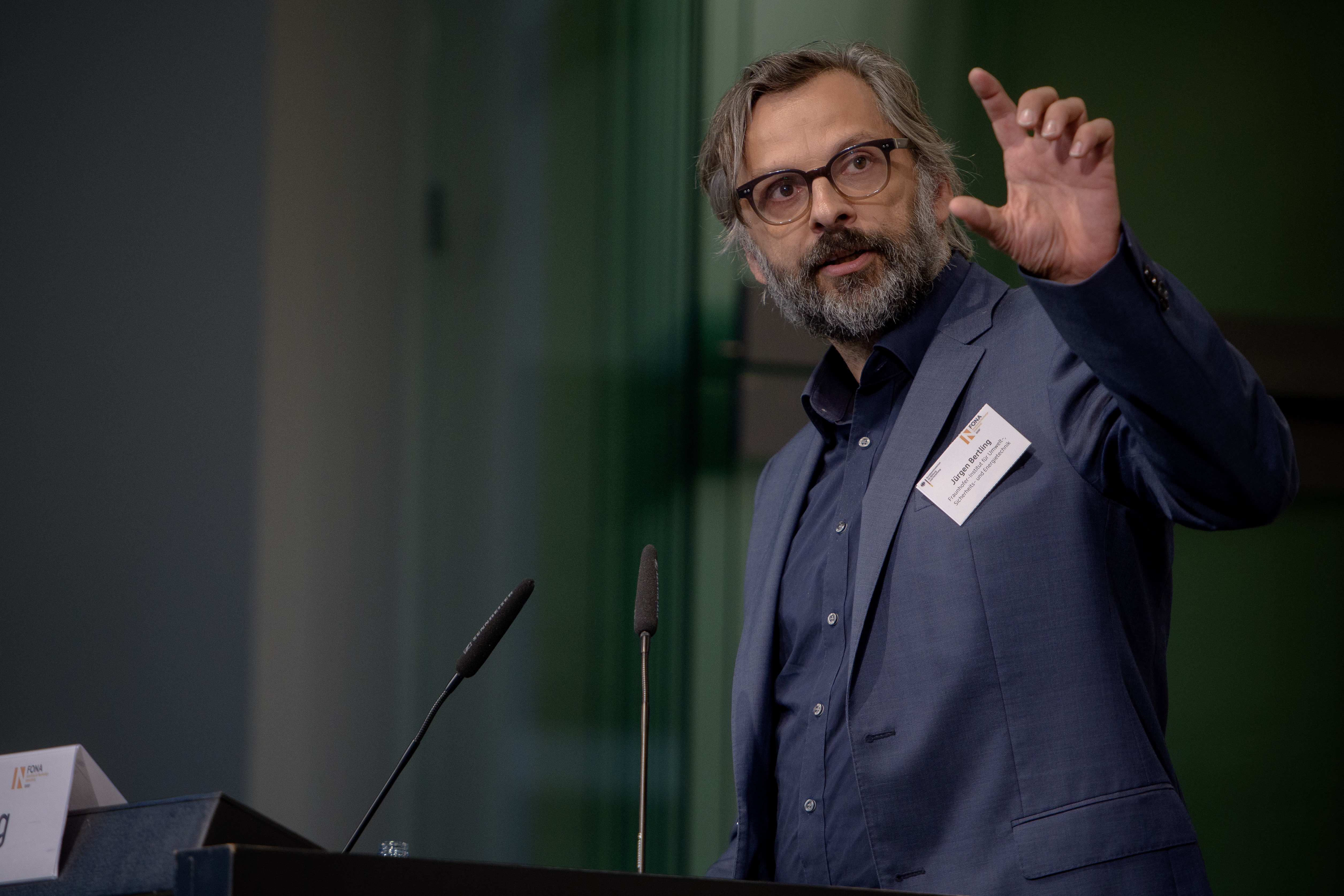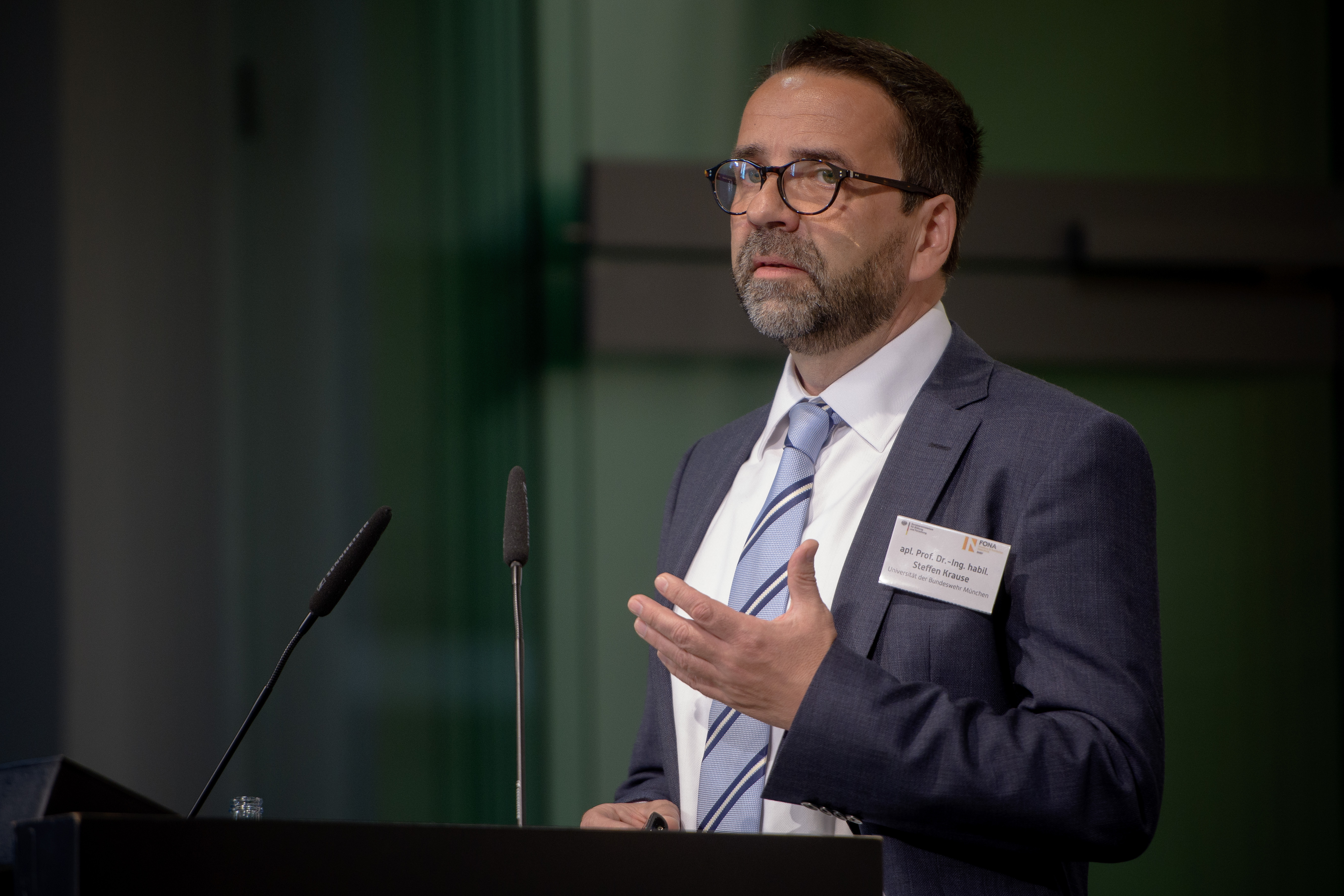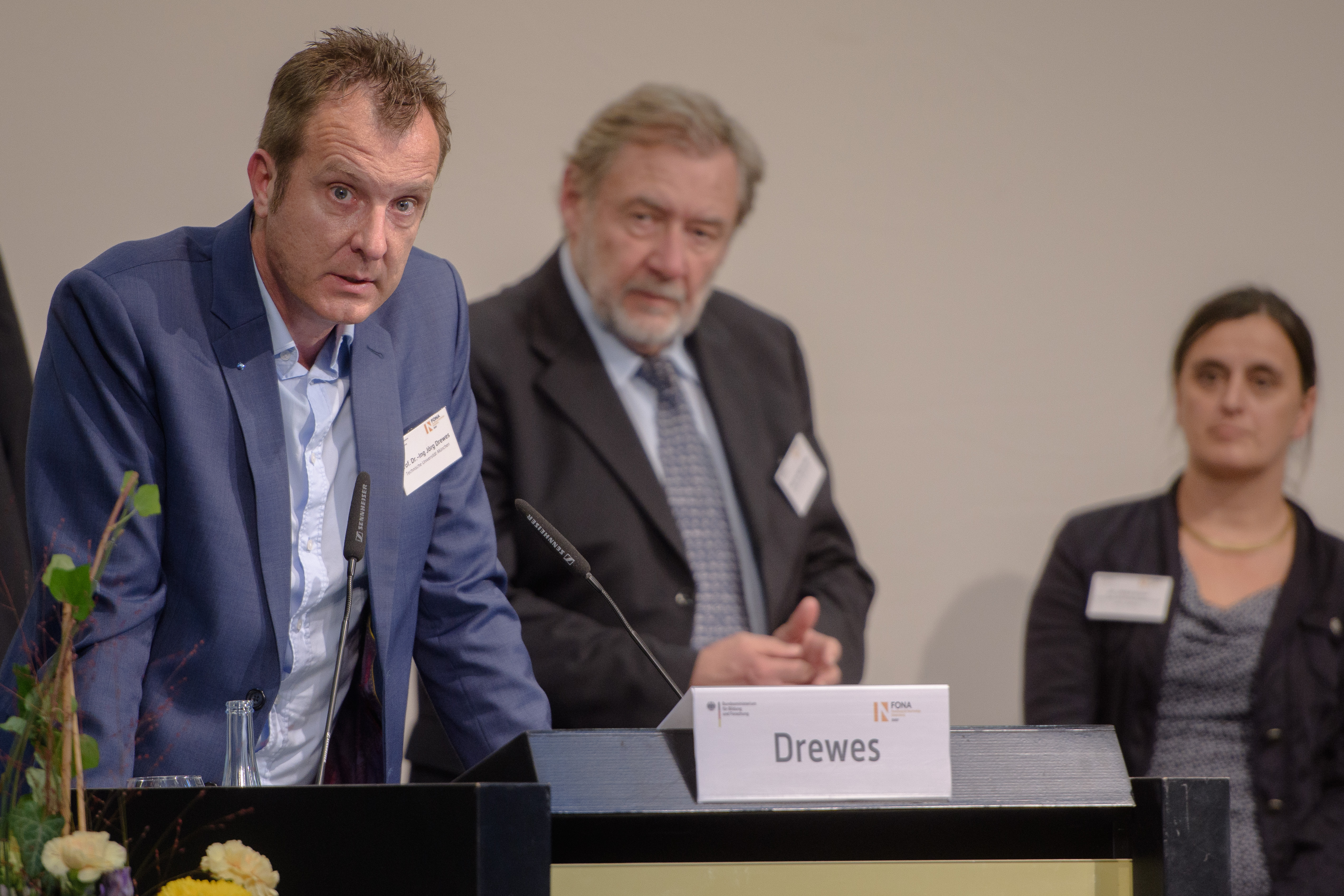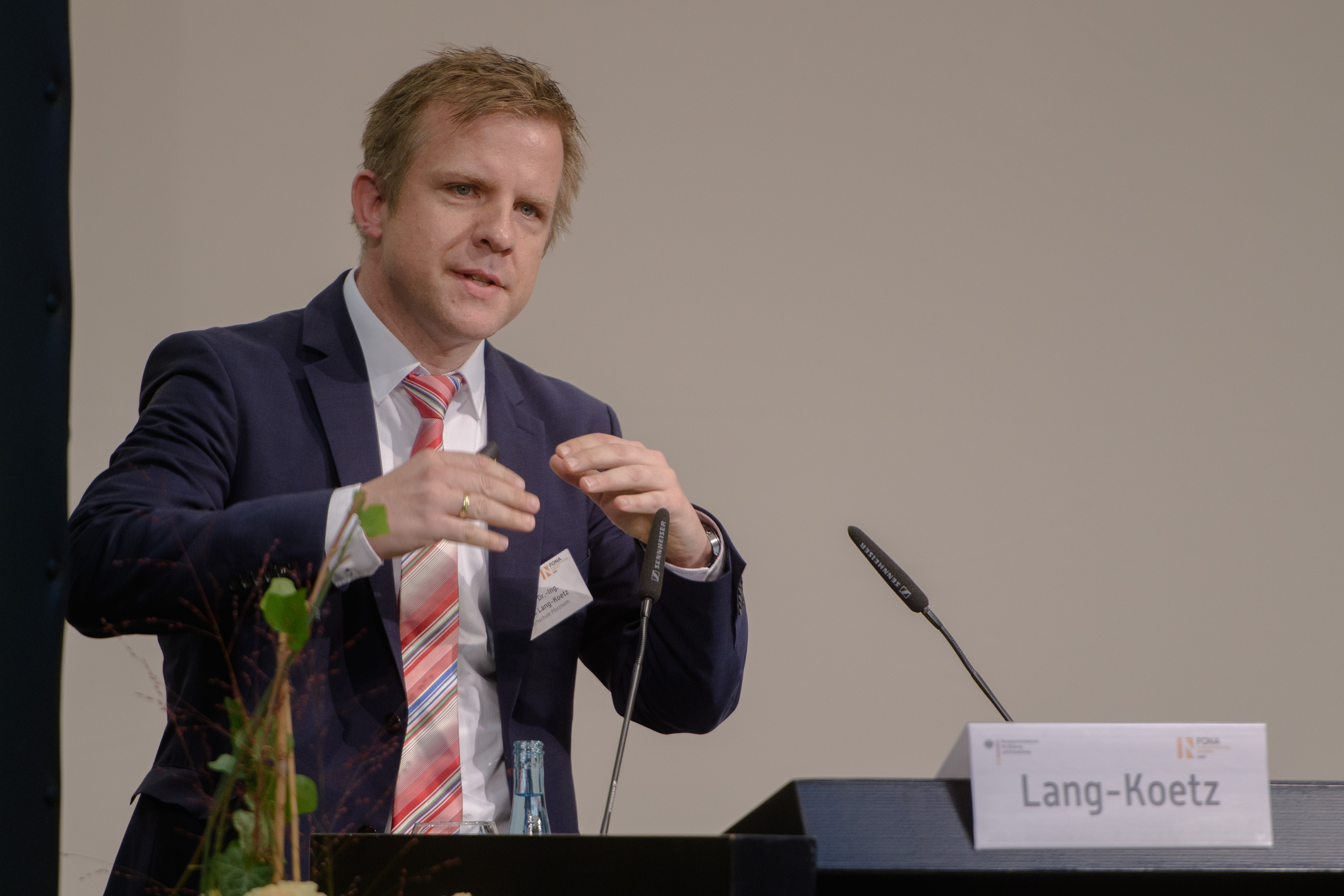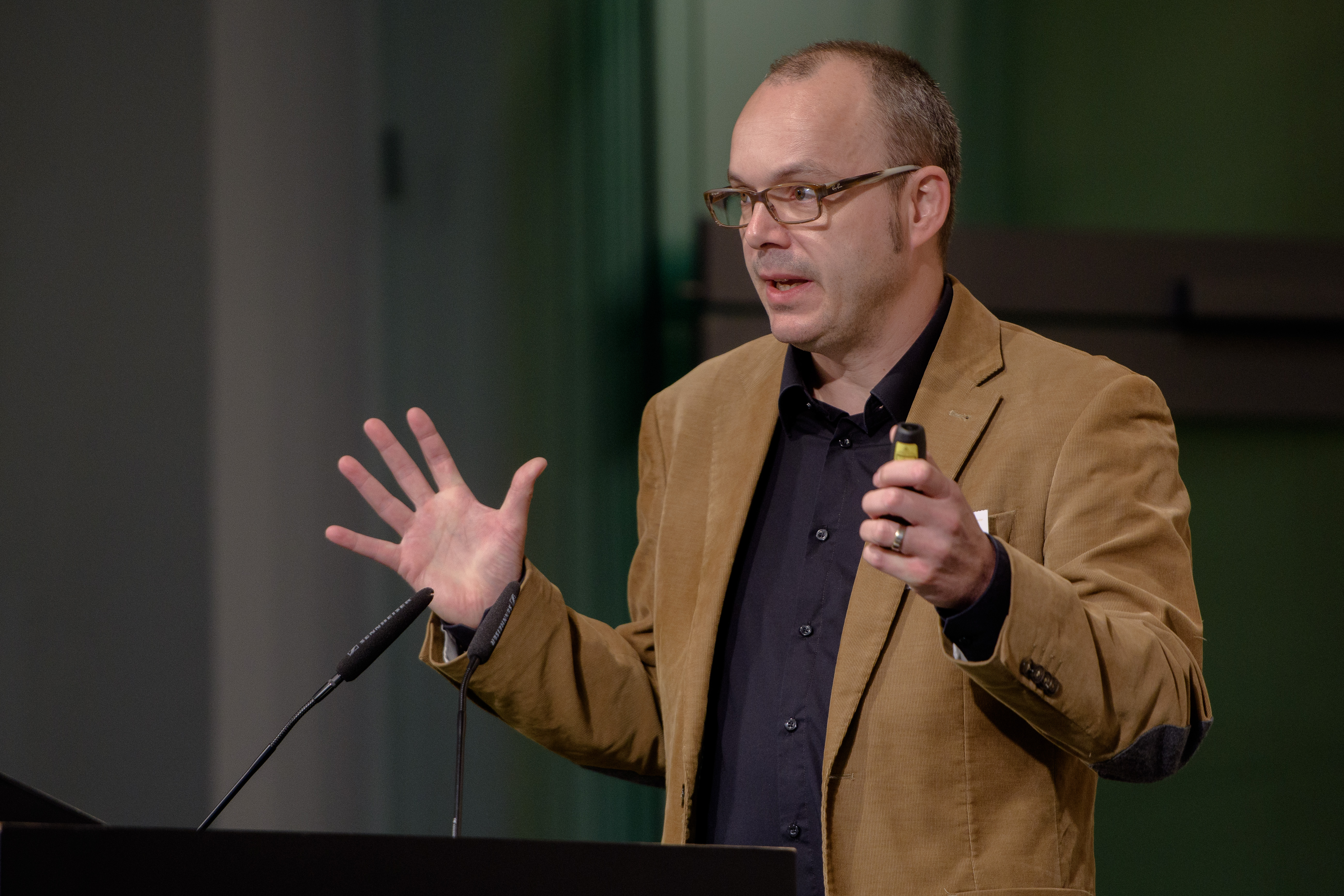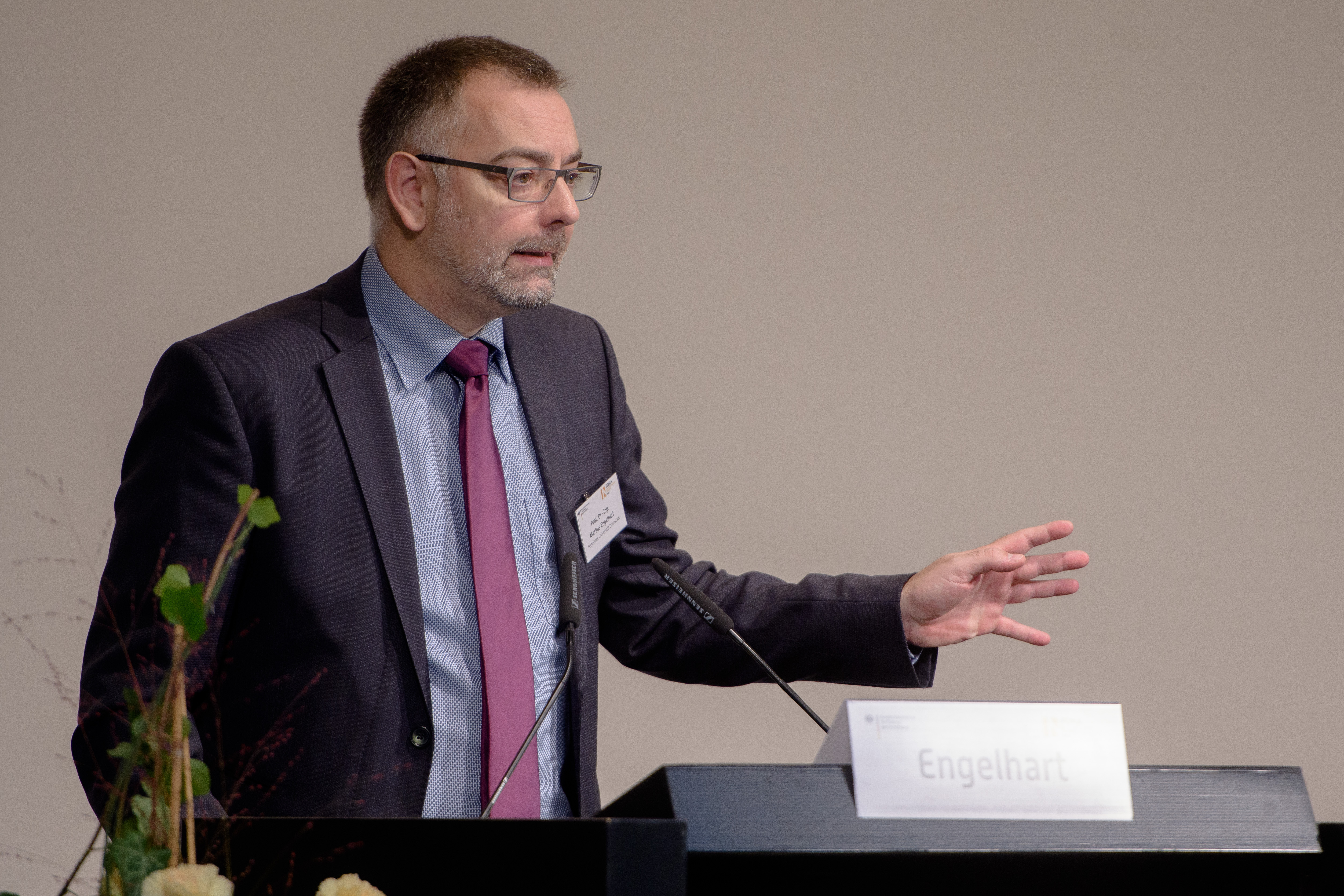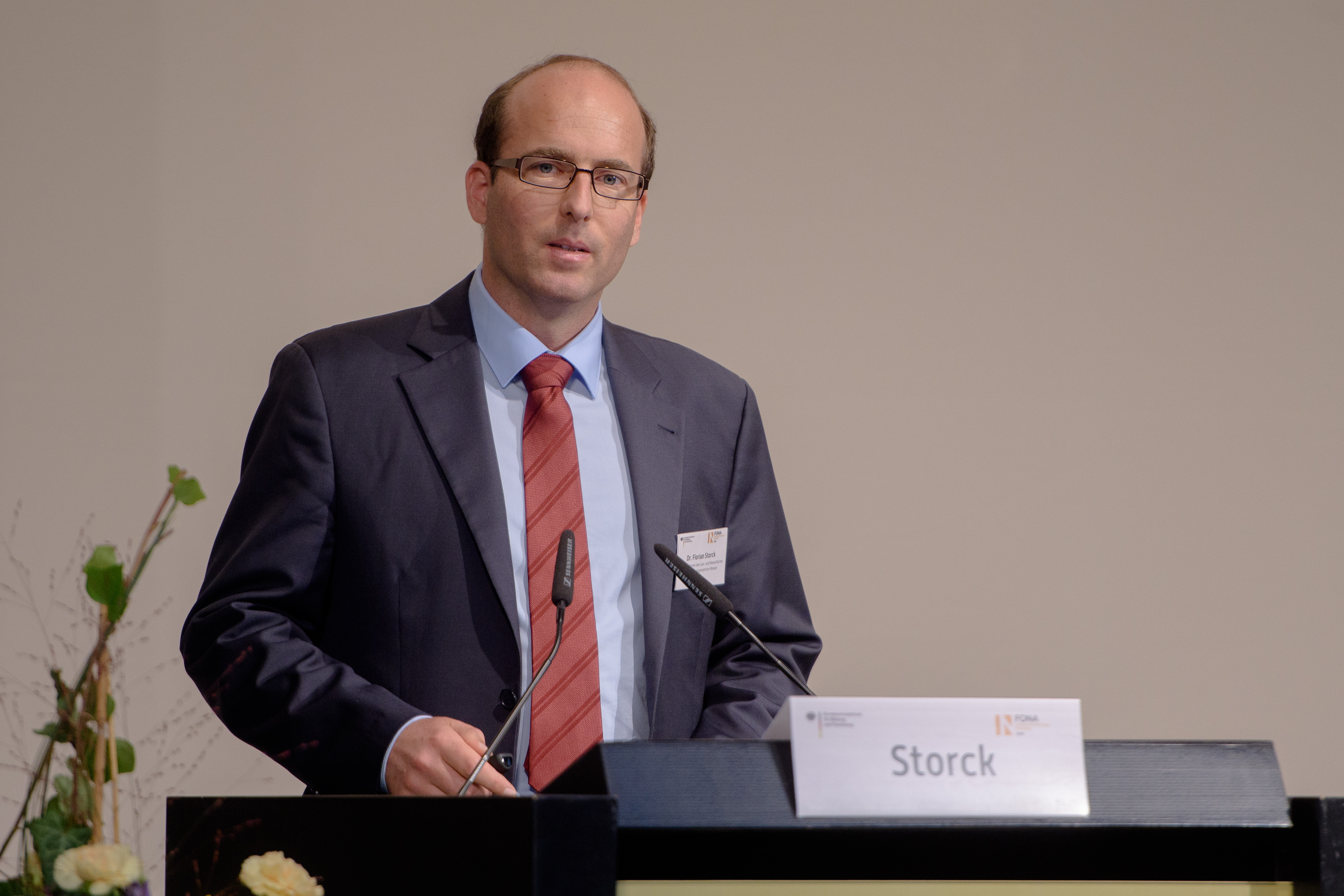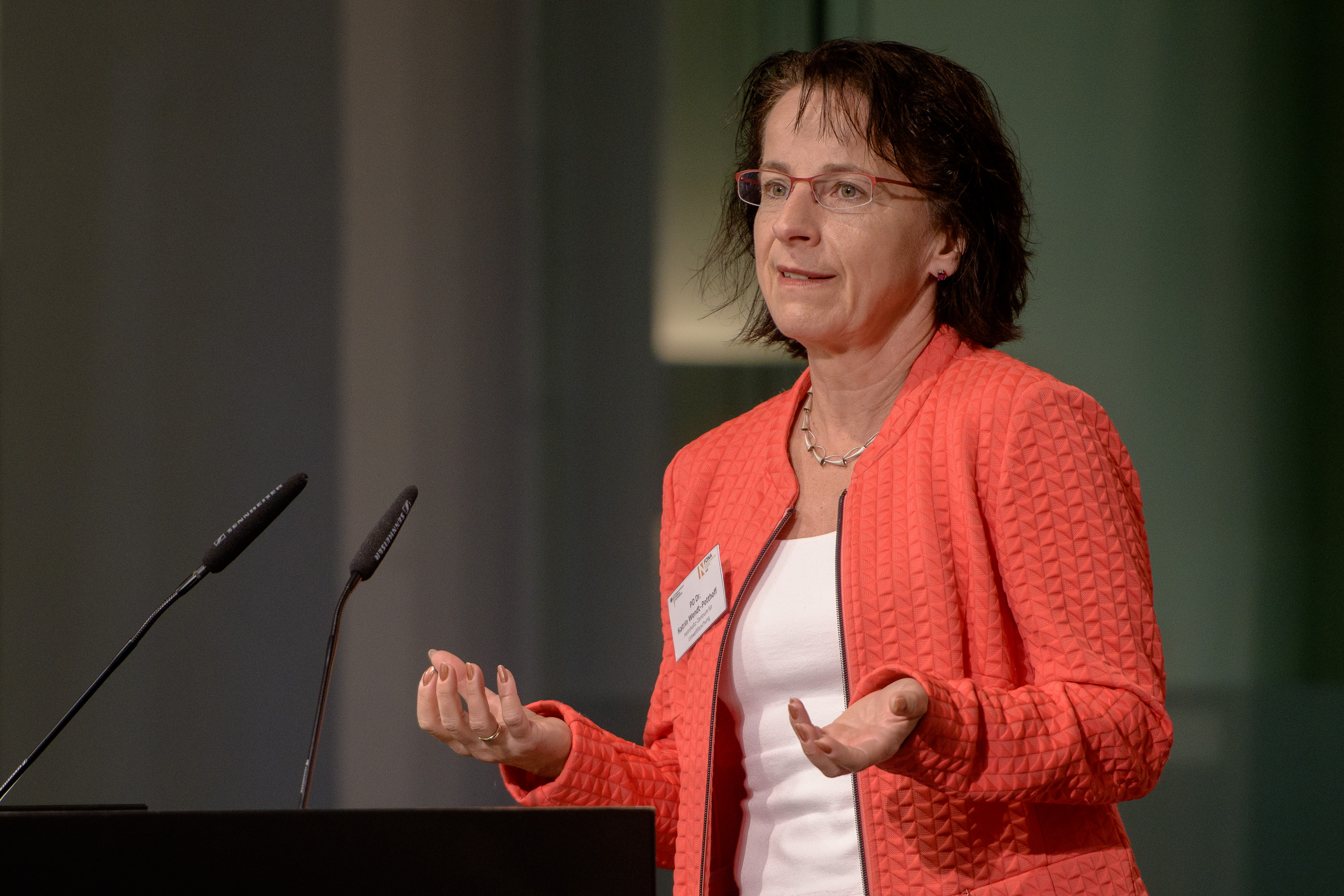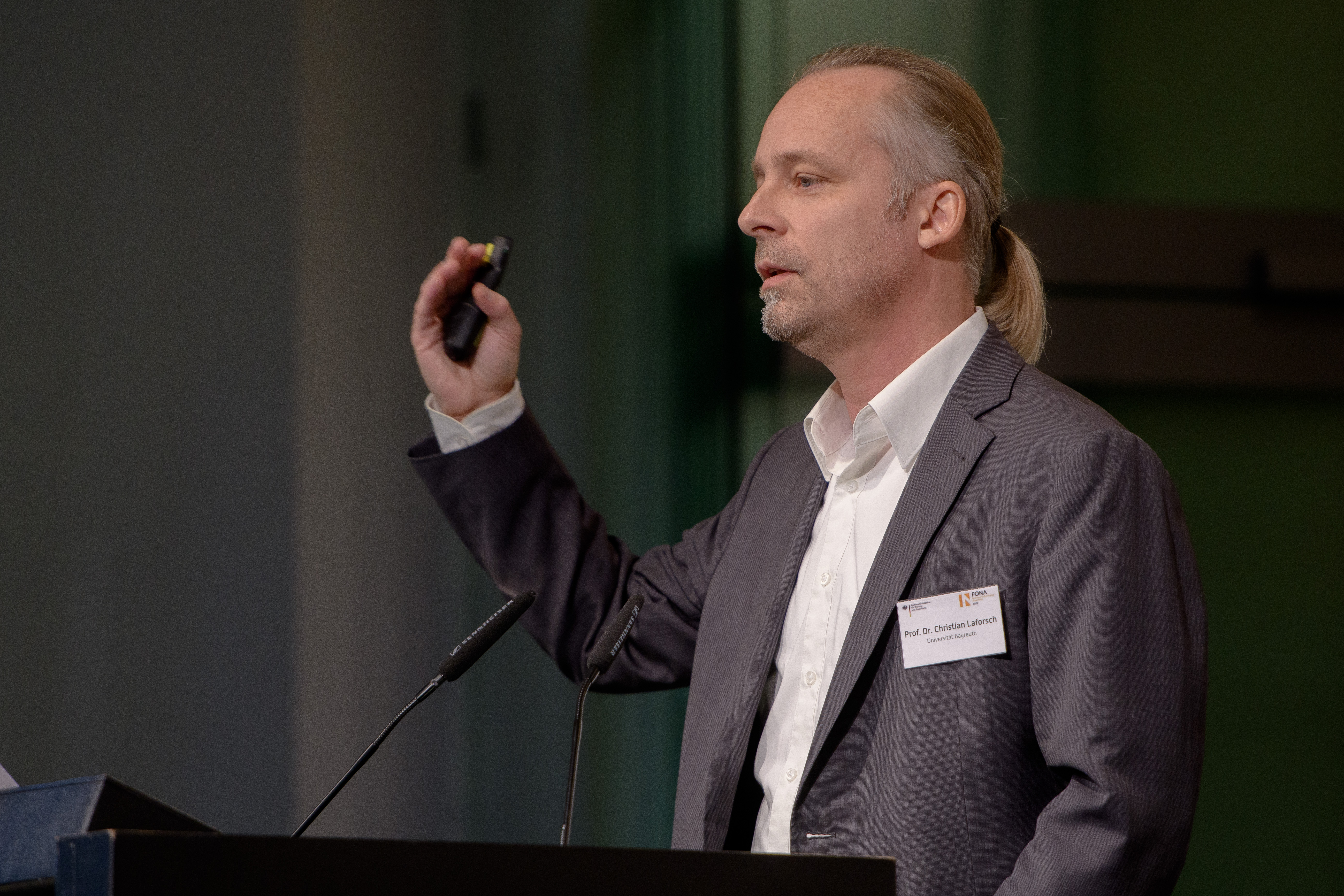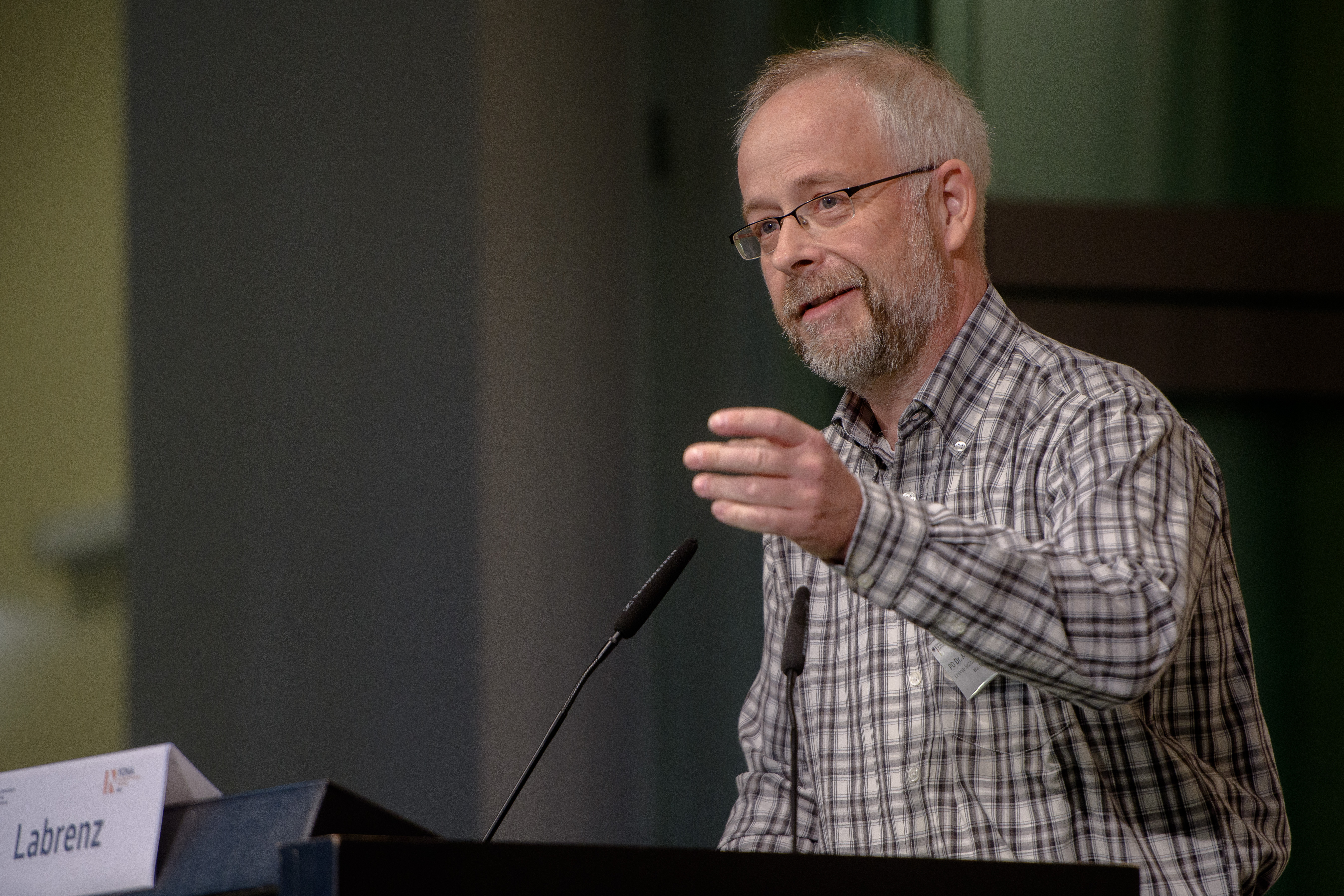Plastic in the Environment – Kick-off Conference of the BMBF Research Programme
Plastic in the Environment – Kick-off Conference of the BMBF Research Programme
With a big conference in Berlin on the 17 and 18 Oktober 2017, the German Federal Ministry for Education and Research (Bundesministerium für Bildung und Forschung, BMBF) launched its new comprehensive research programme "Plastic in the Environment – Sources • Sinks • Solutions." In this research programme, 18 research projects with around 100 partners from science, industry, associations and municipalities are exploring the following questions: What is the extent of plastic pollution globally, what are its causes and its effects? For the kickoff, representatives from all collaborative projects met in the "Umweltforum" in Berlin to present the individual projects, identify common challenges and develop cross-cutting themes for an exchange across consortia.
The aim of the research programme is to develop and establish scientific procedures, methods, instruments and concepts for the investigation of plastic in the environment. Overall, the programme shall
- draw a consistent picture of the overall problem and make it the basis for action internationally,
- identify, develop and implement solutions together with actors from politics, business and society, and
- start cooperation projects to reduce the entrainment of plastic into the environment.
In total, the BMBF provides 35 million euros for the research programme, which makes the programme one of the world's largest research programmes on plastics. The collaborative research projects are running until 2021. First results are expected in the second half of 2018.
In order to support the transfer of research results into practice and the collaboration between the 18 individual research projects, there is an accompanying project called "PlastikNet", which is carried out by the Ecologic Institute and supervised by the Project Management Agency Karlsruhe (Projektträger Karlsruhe, PTKA). PlastikNet facilitates networking between the collaborative projects through conferences and theme-specific workshops and is involved in a cross-project-oriented synthesis of research results. In addition, the overall social and political impact of the research projects is to be increased through transfer activities.
